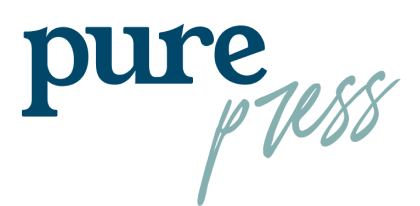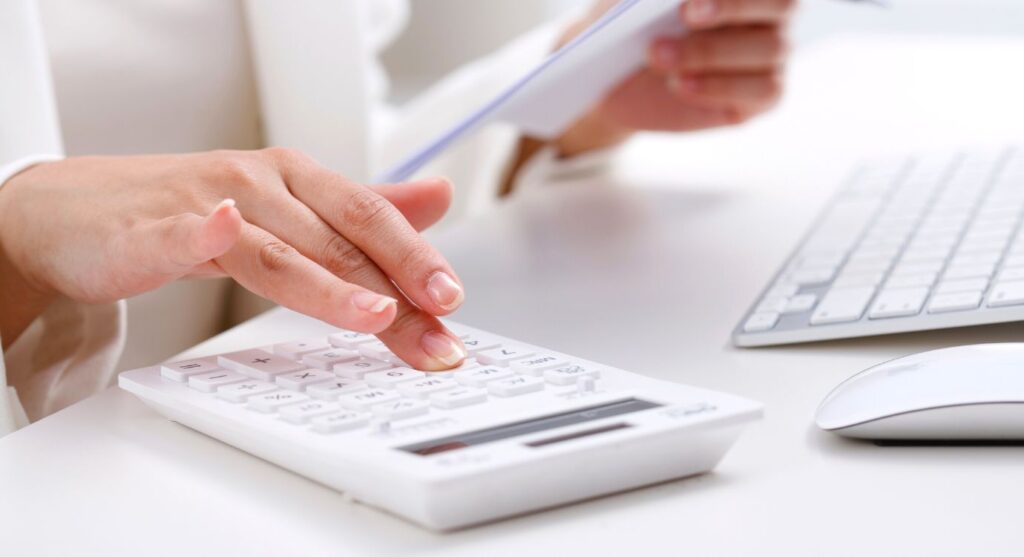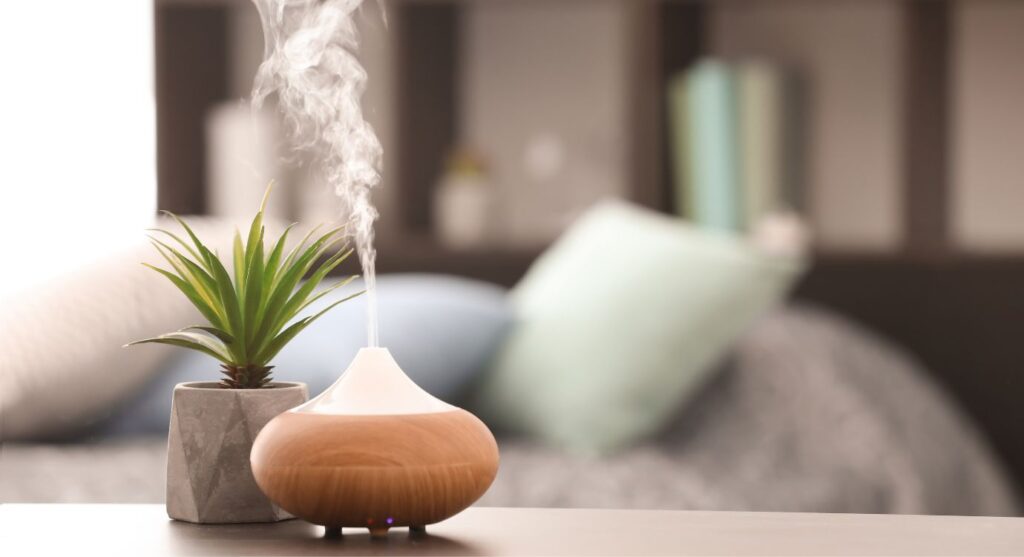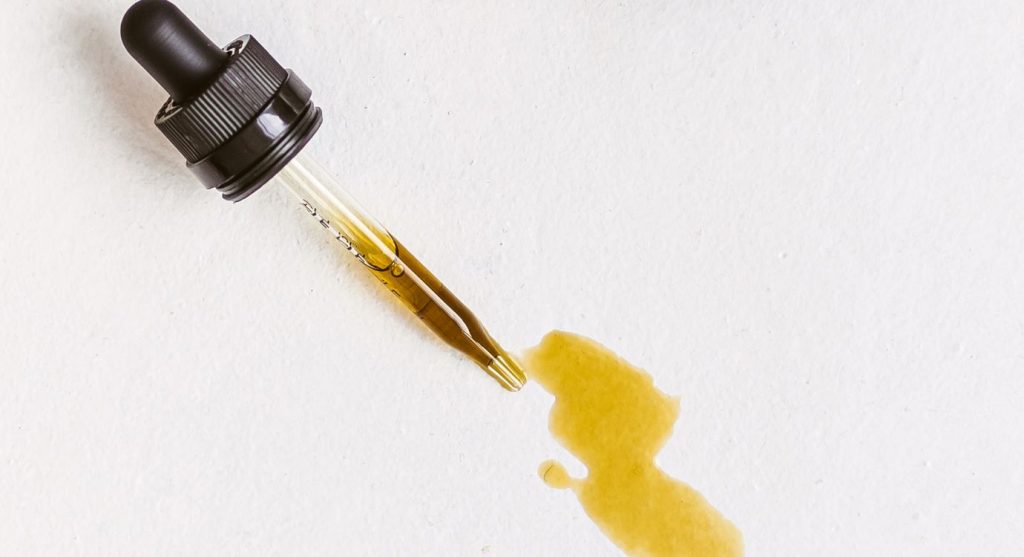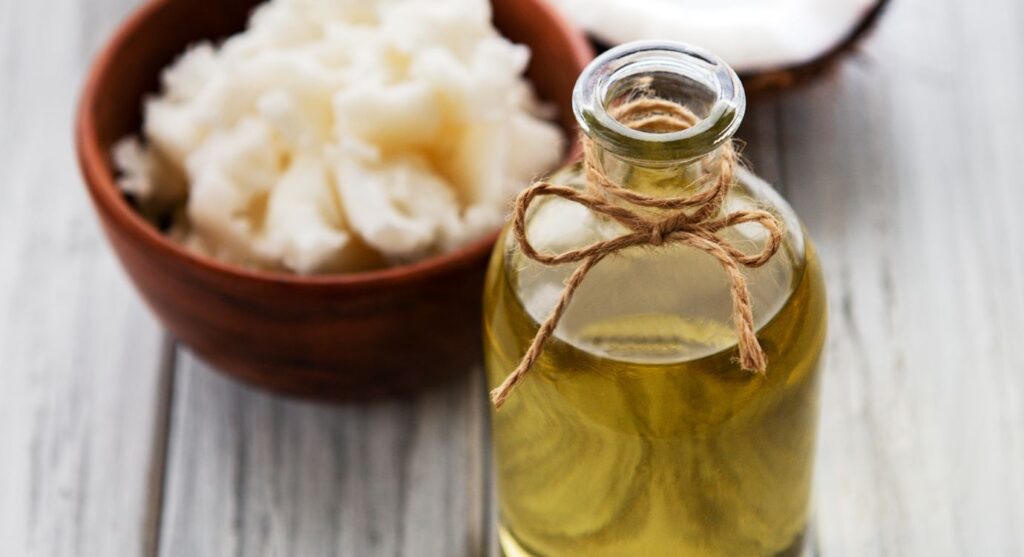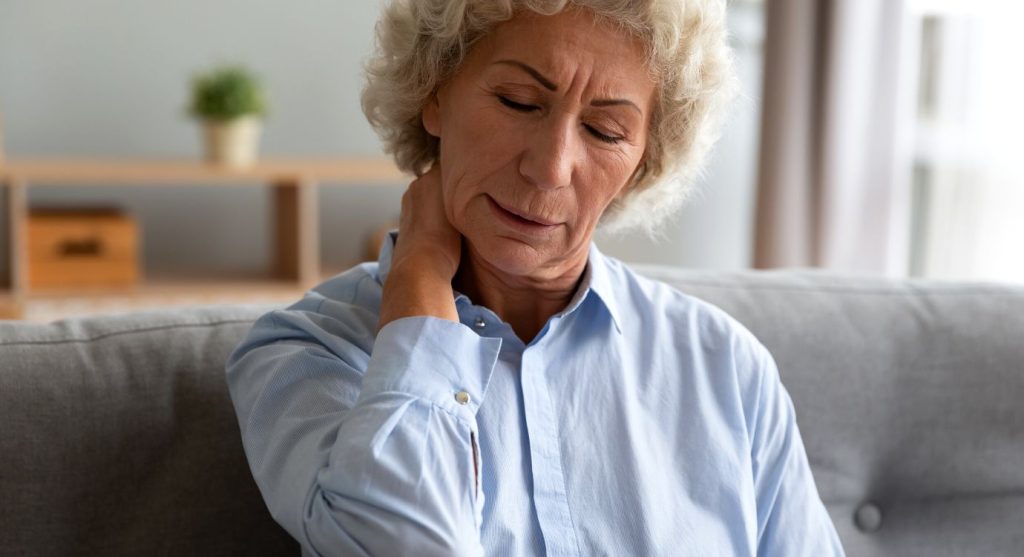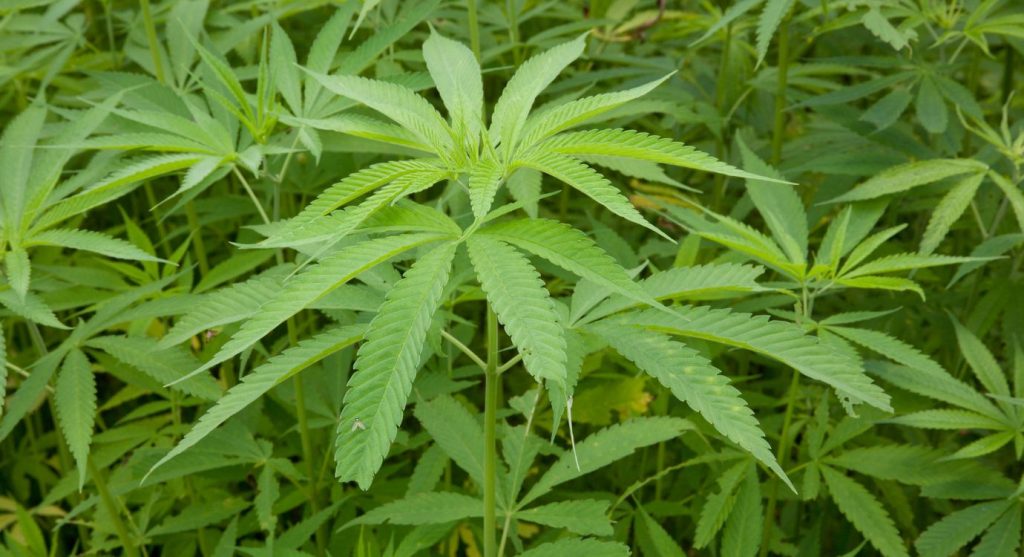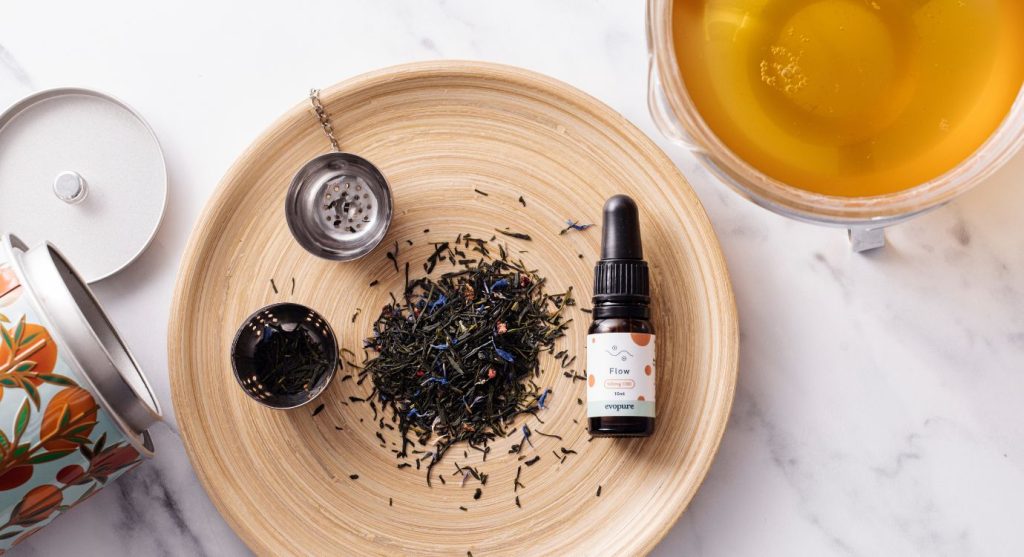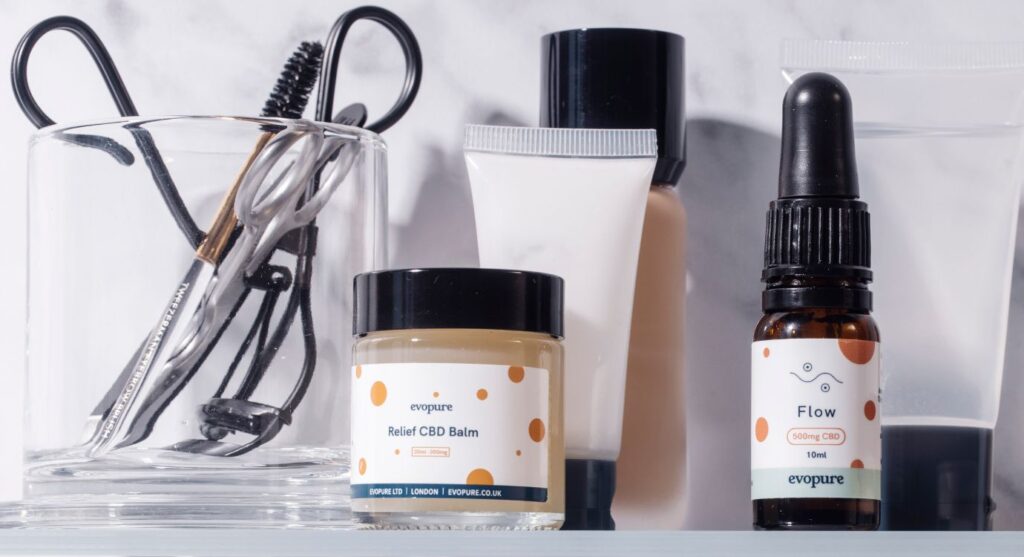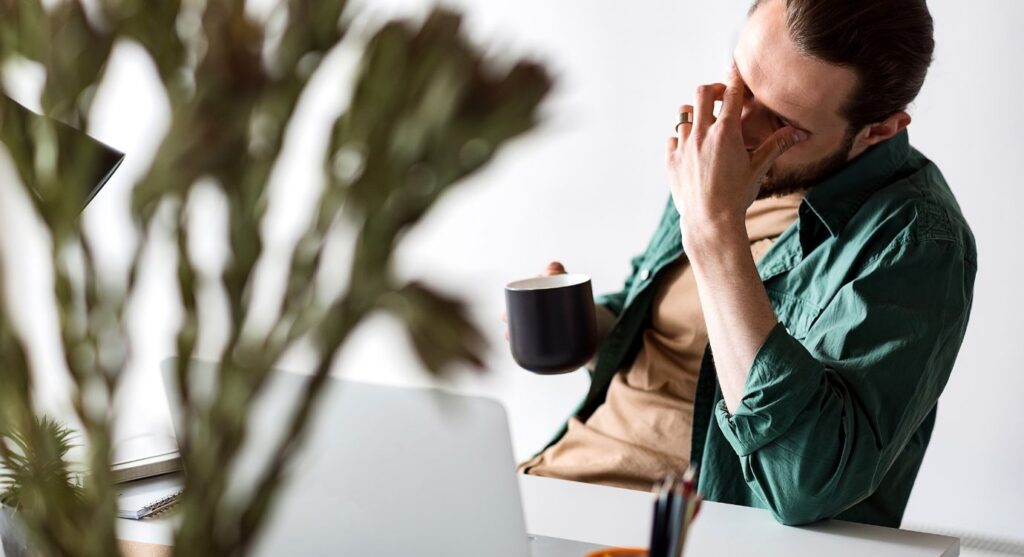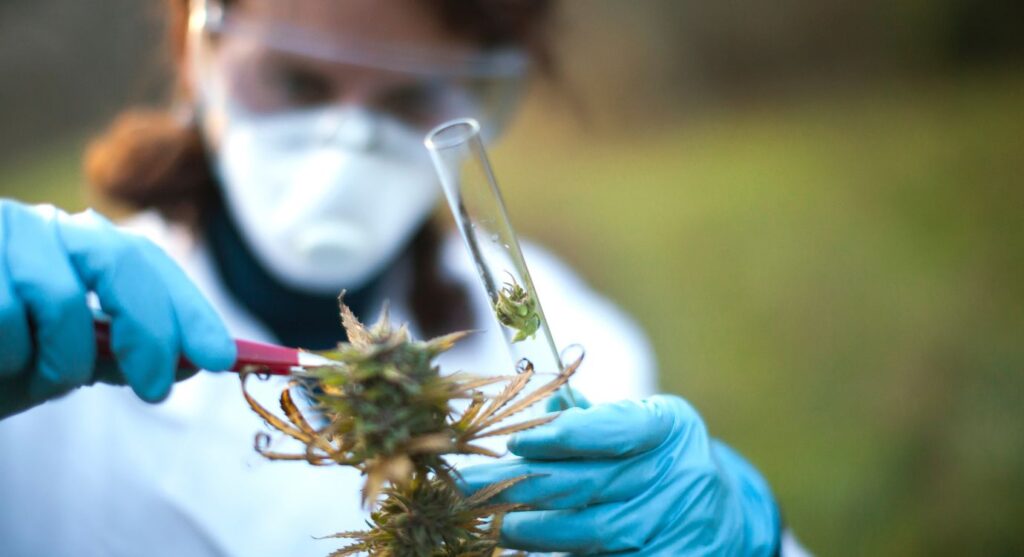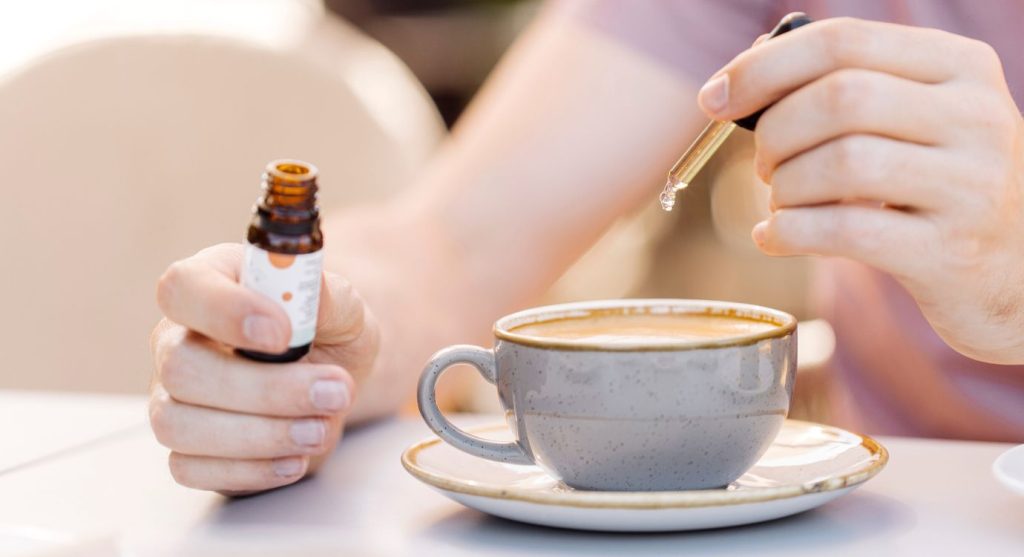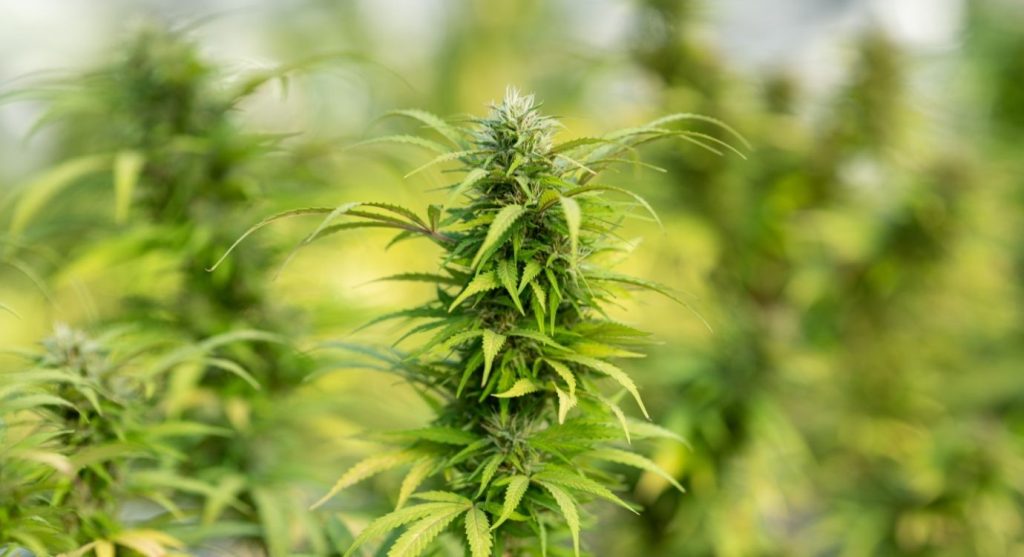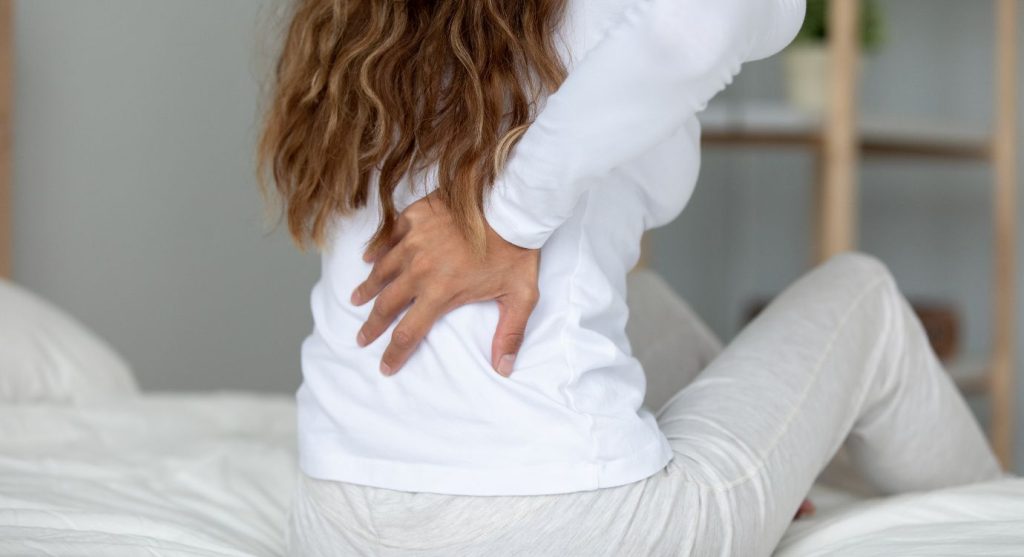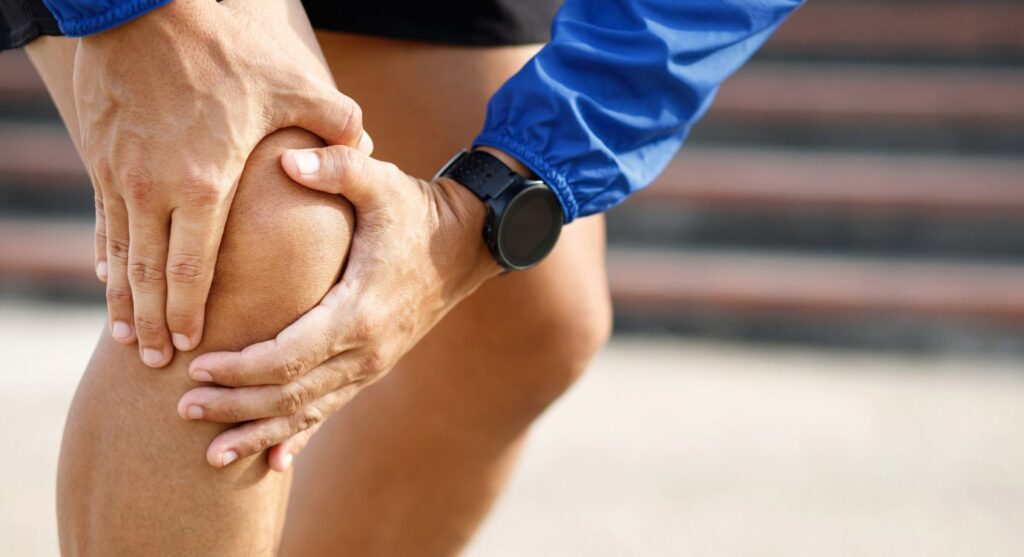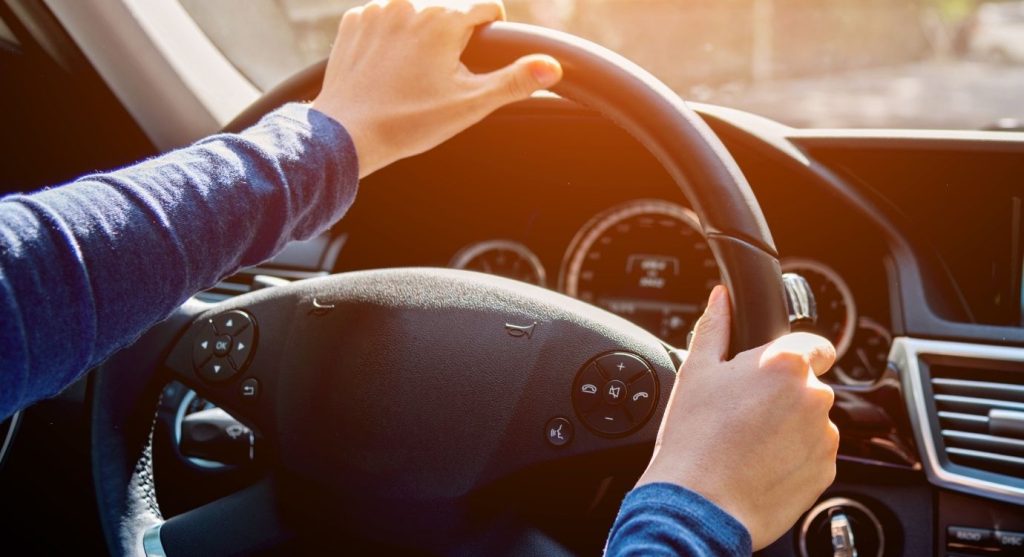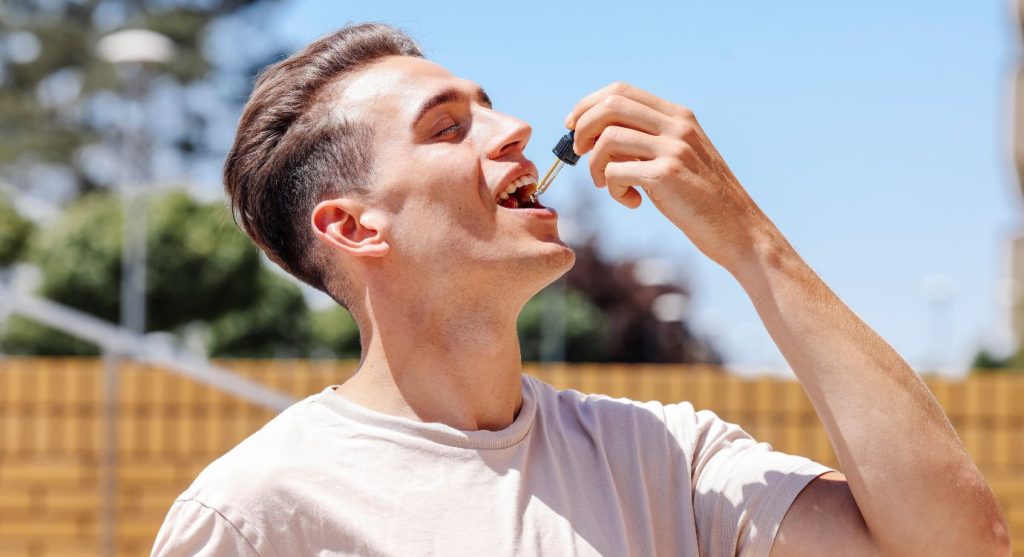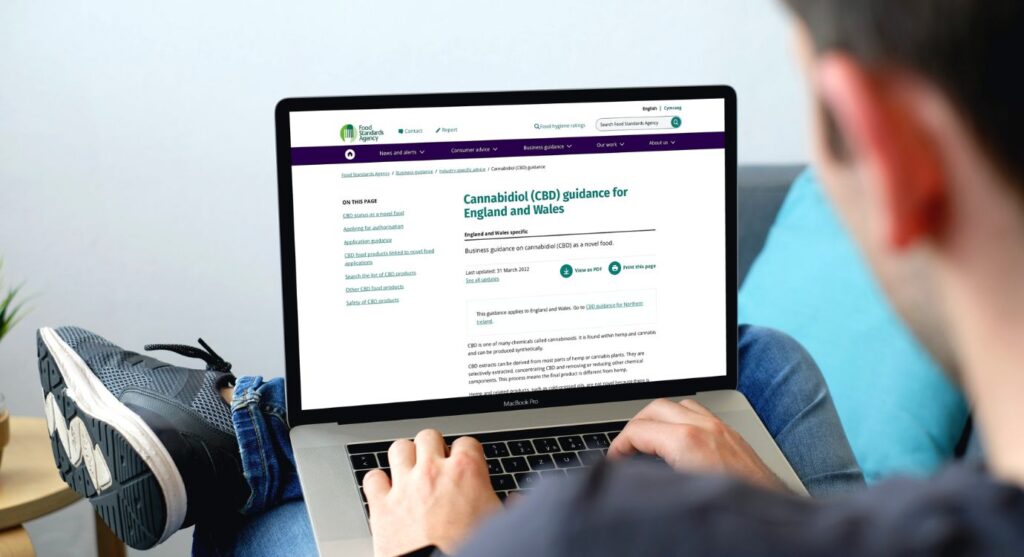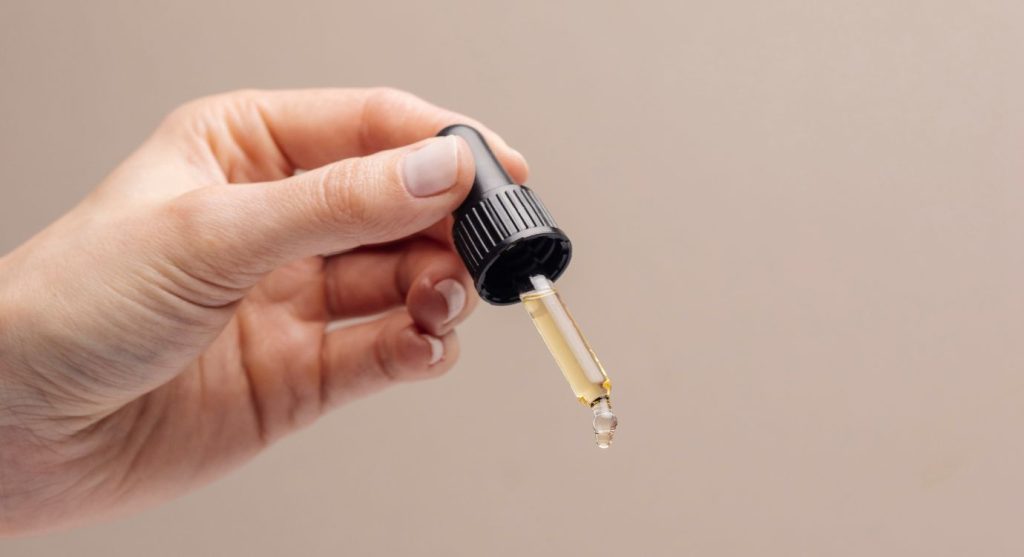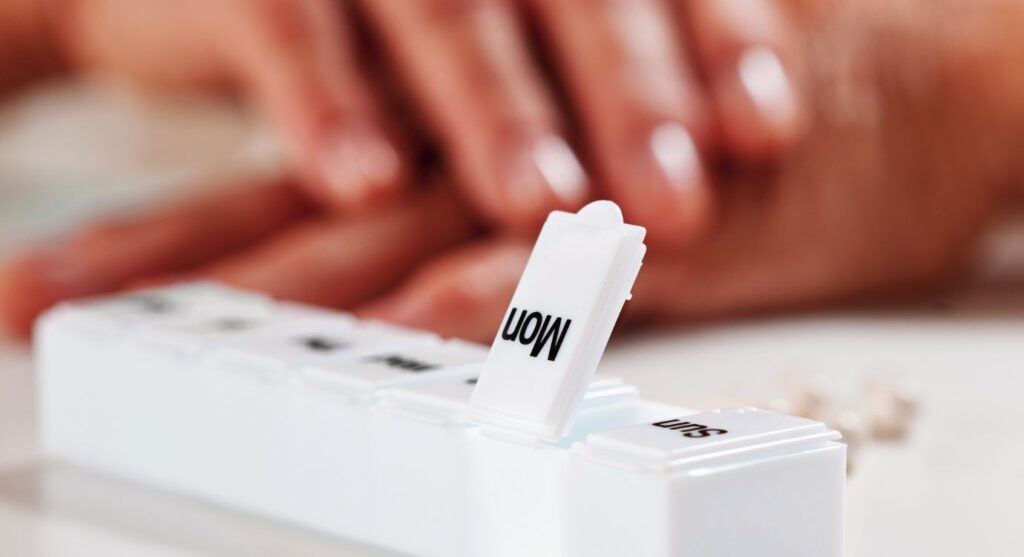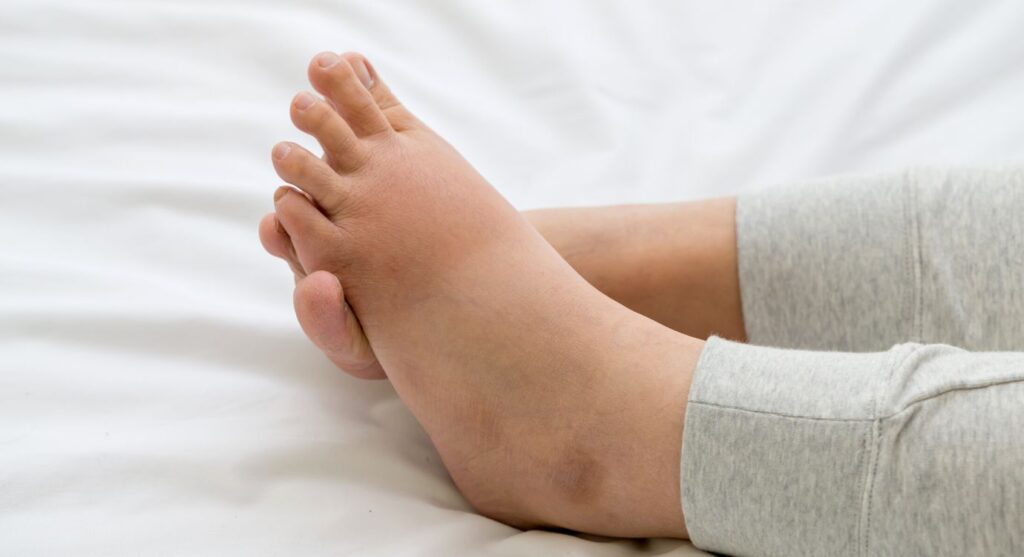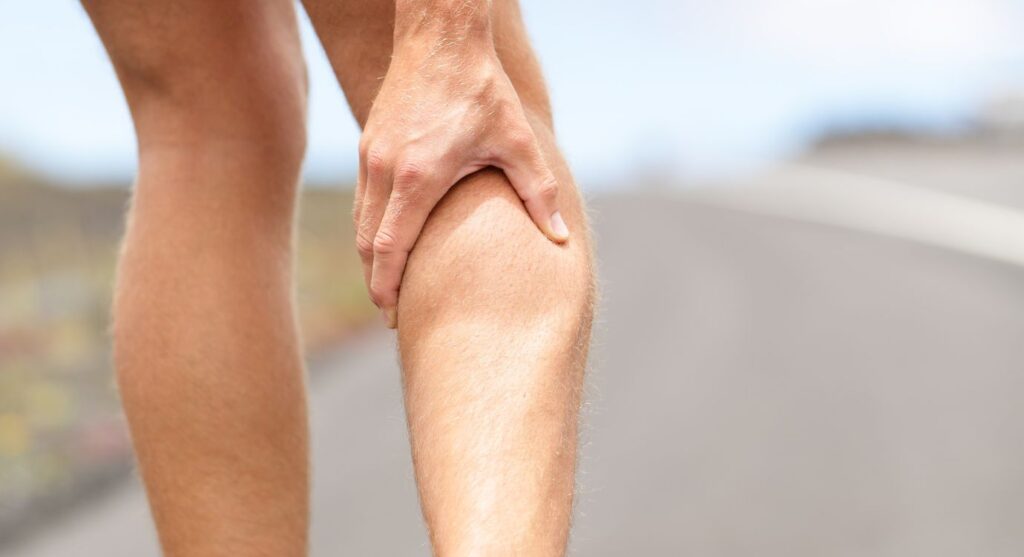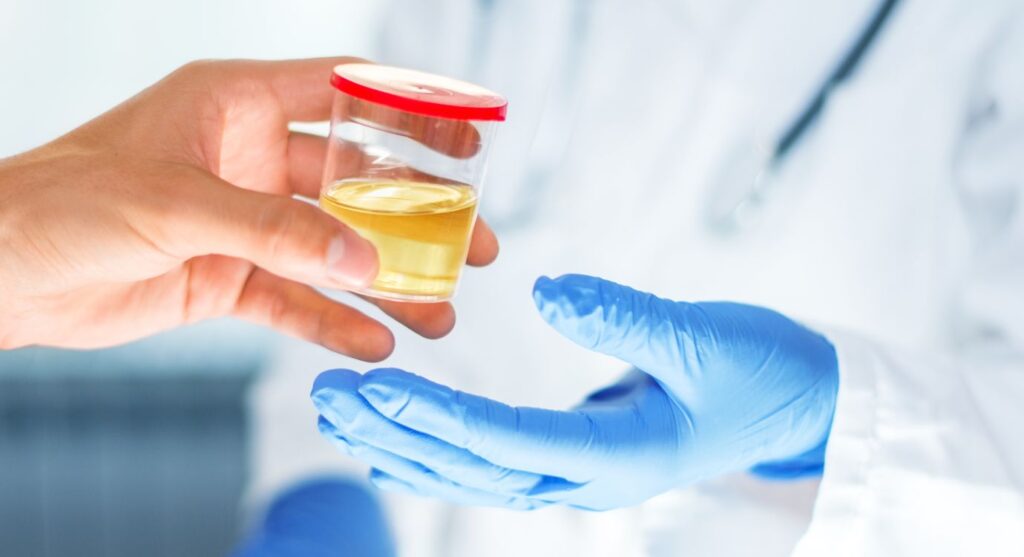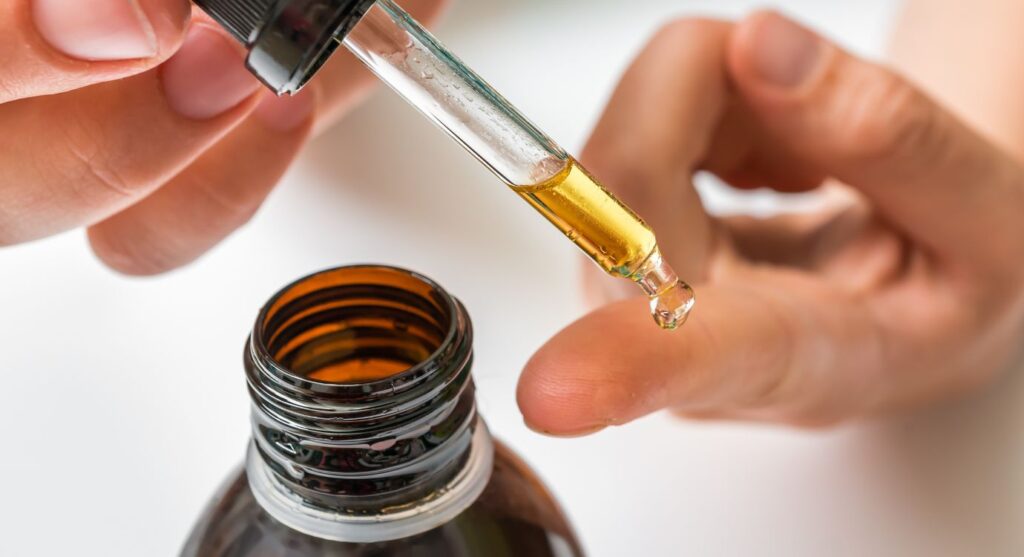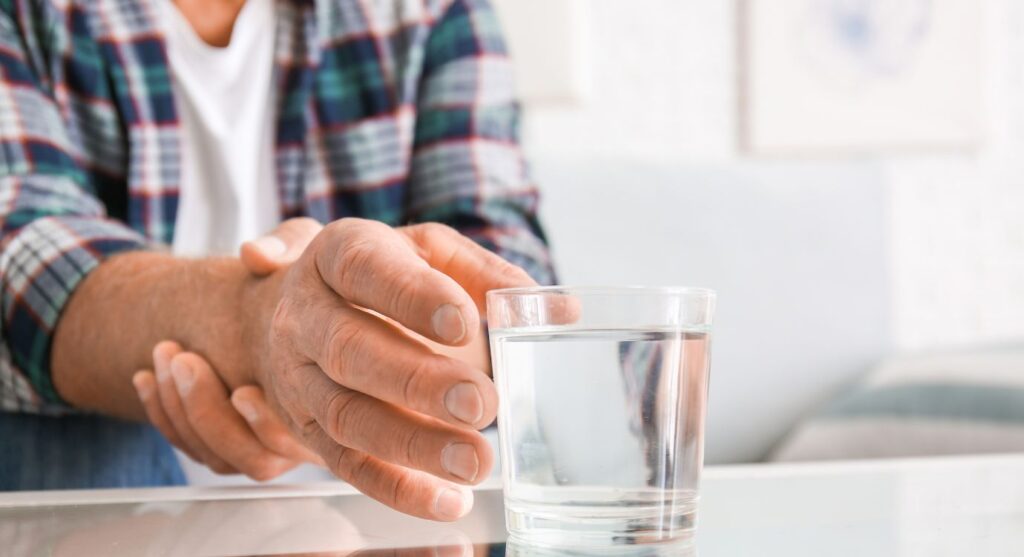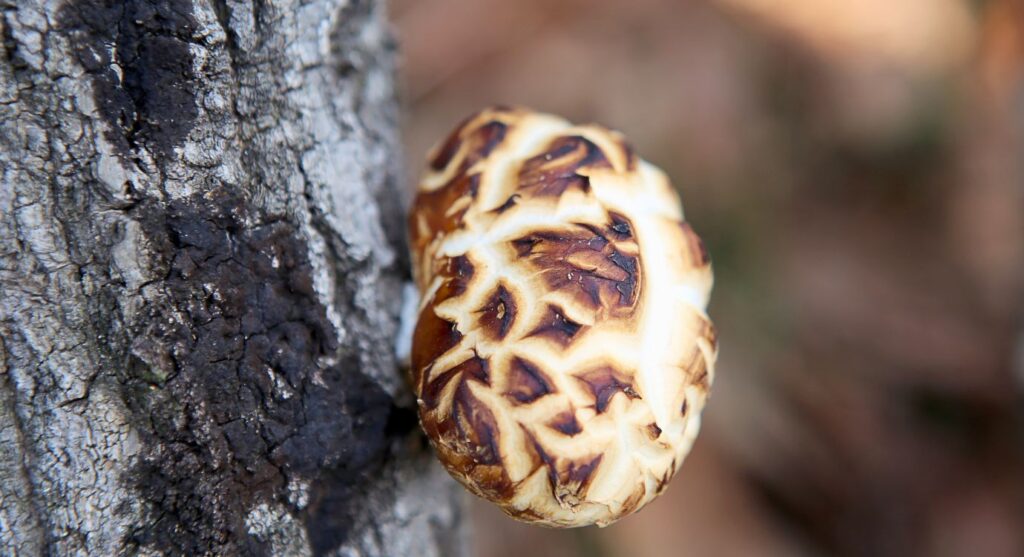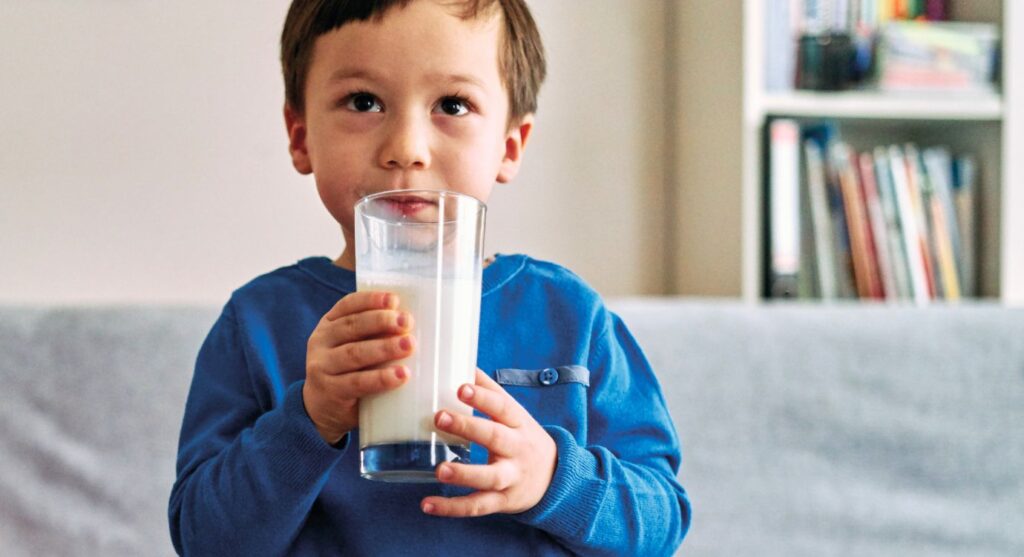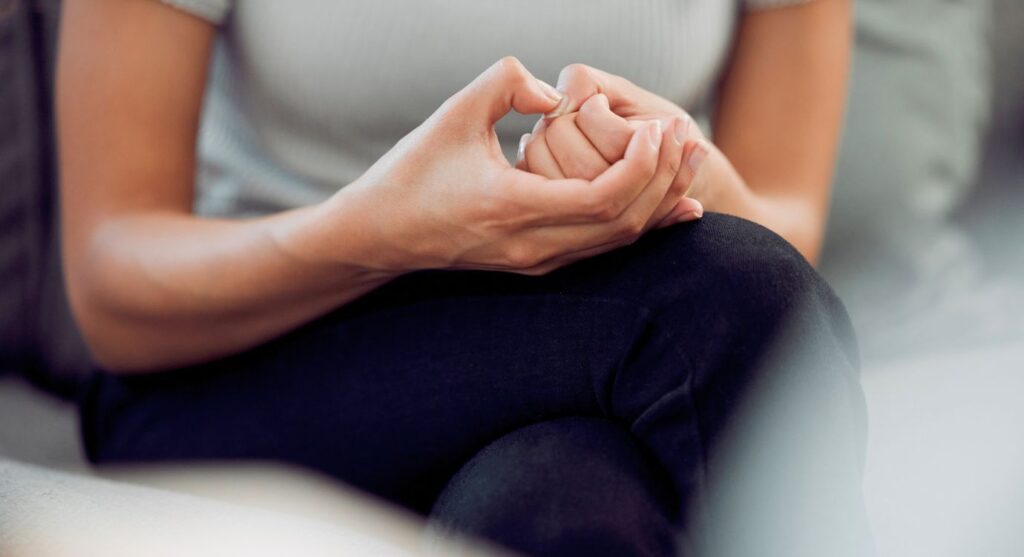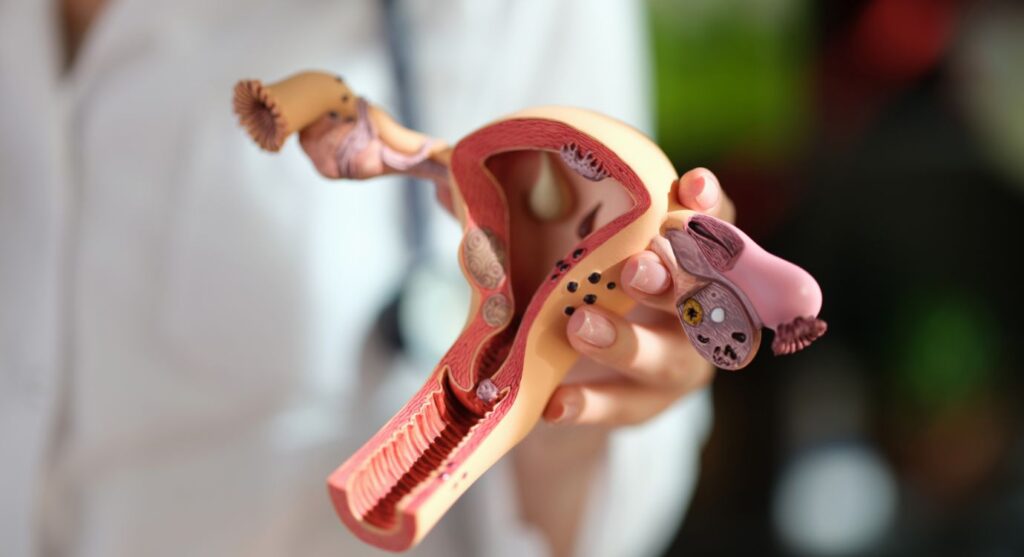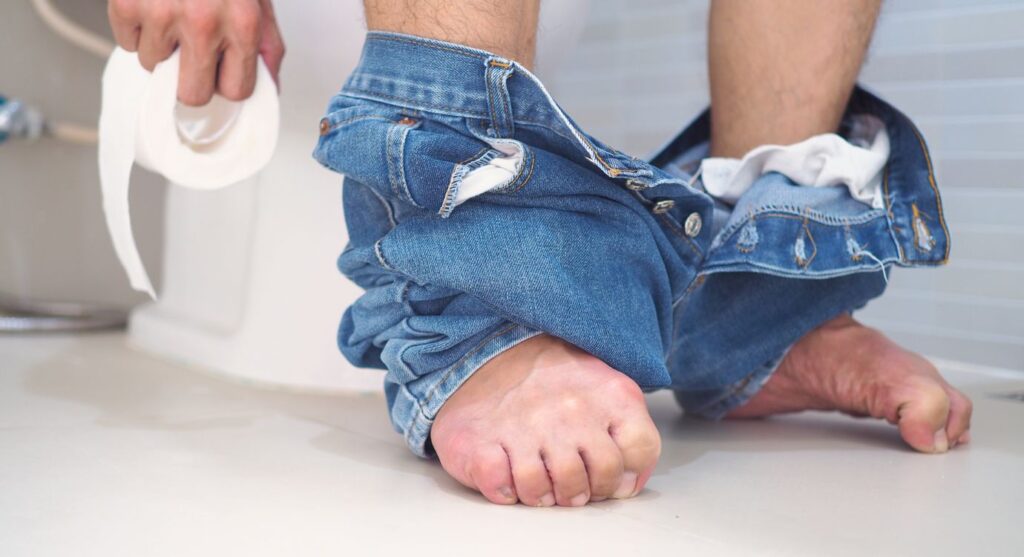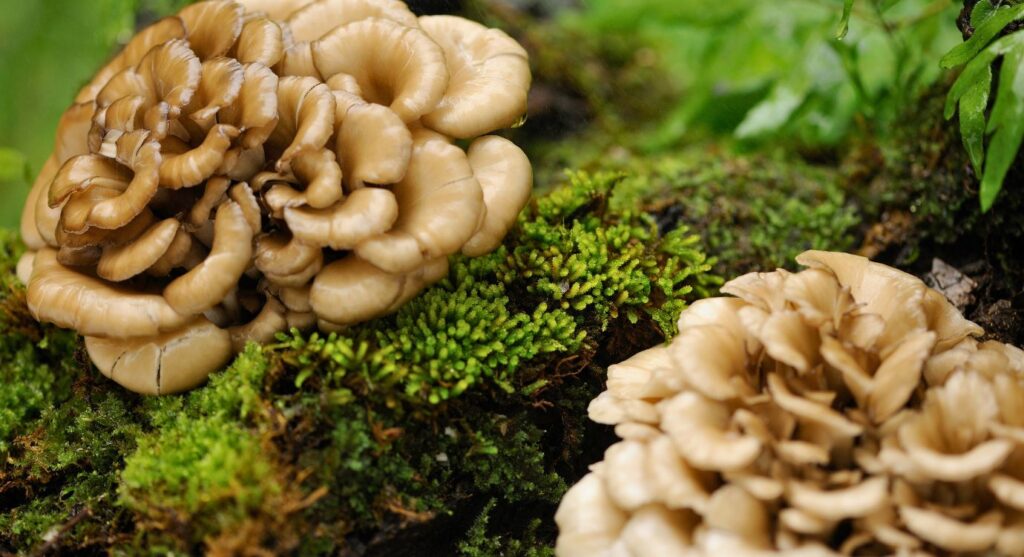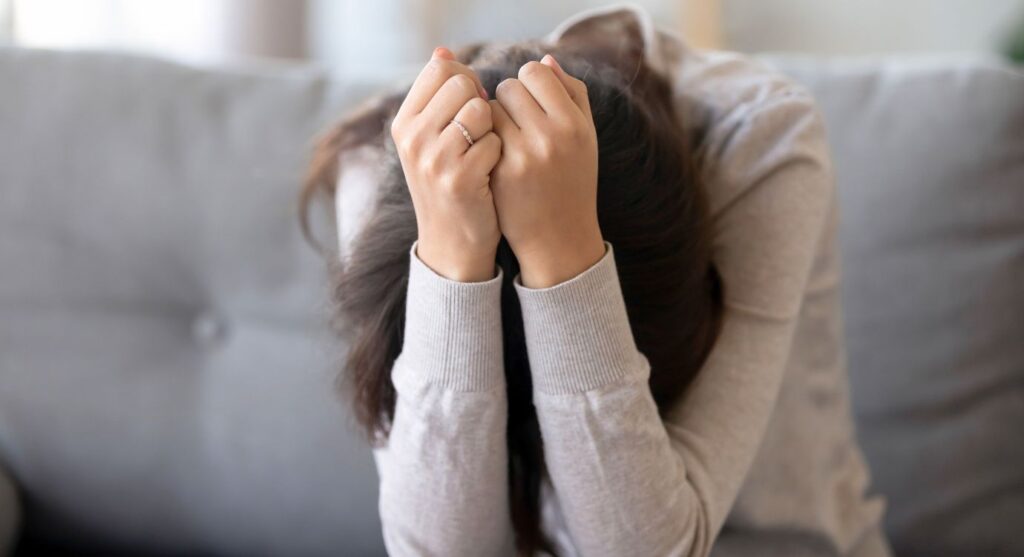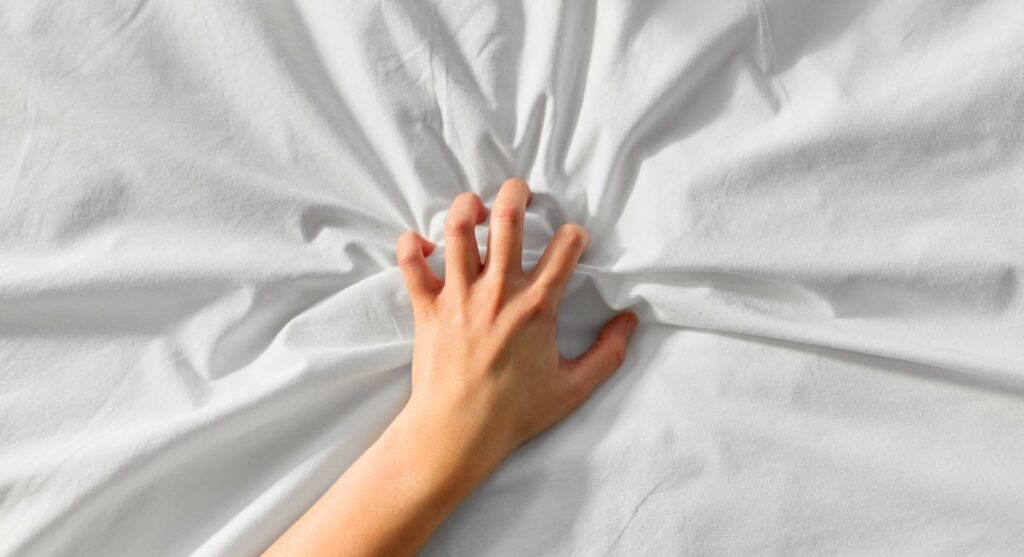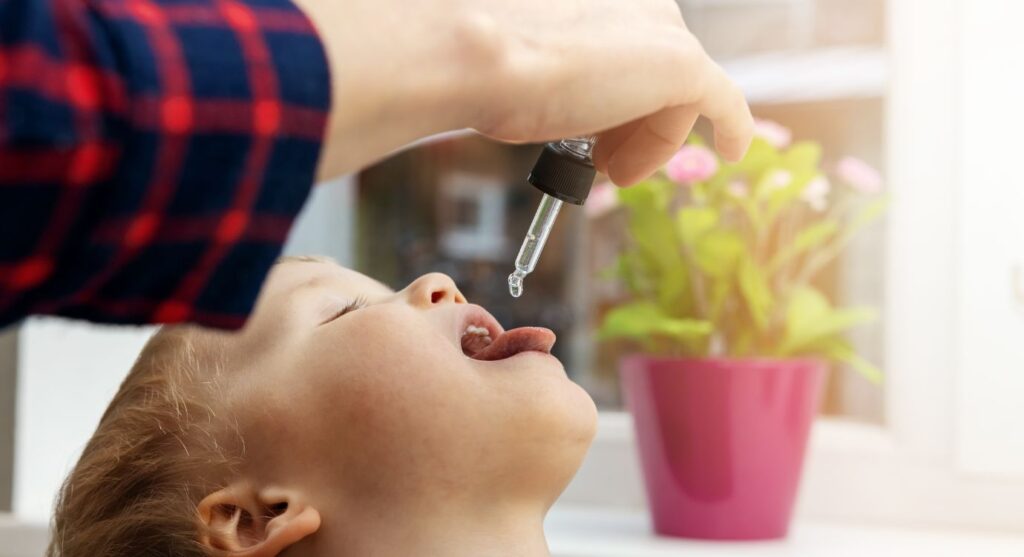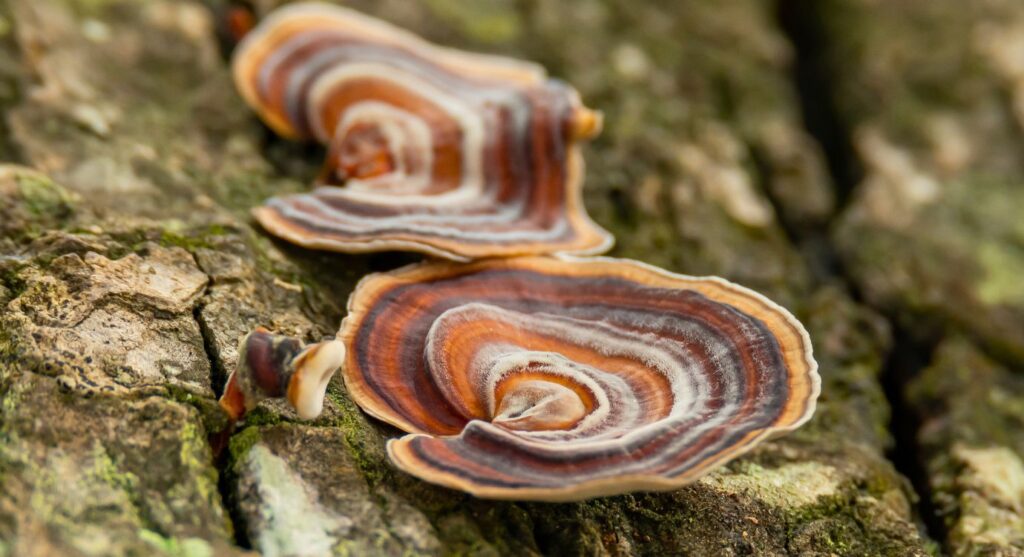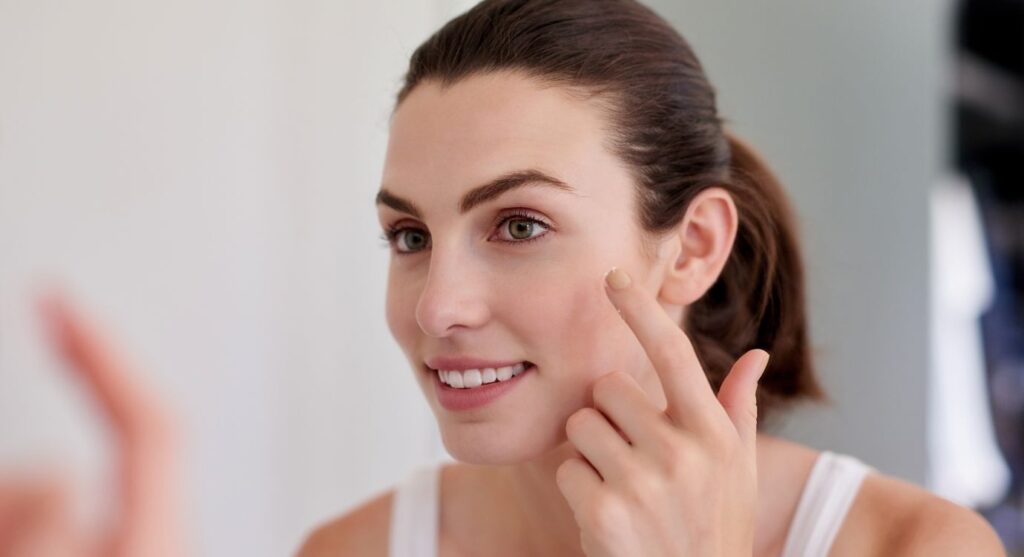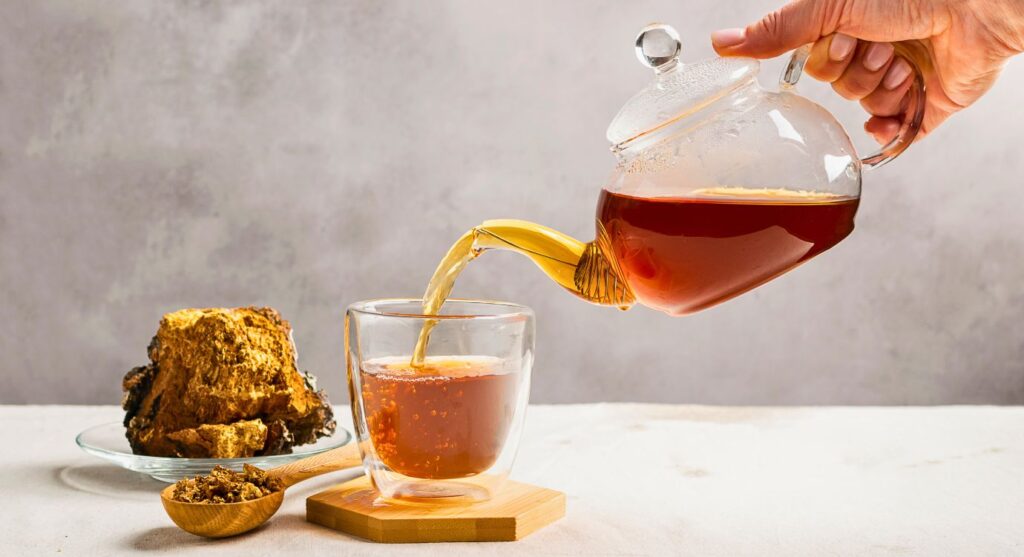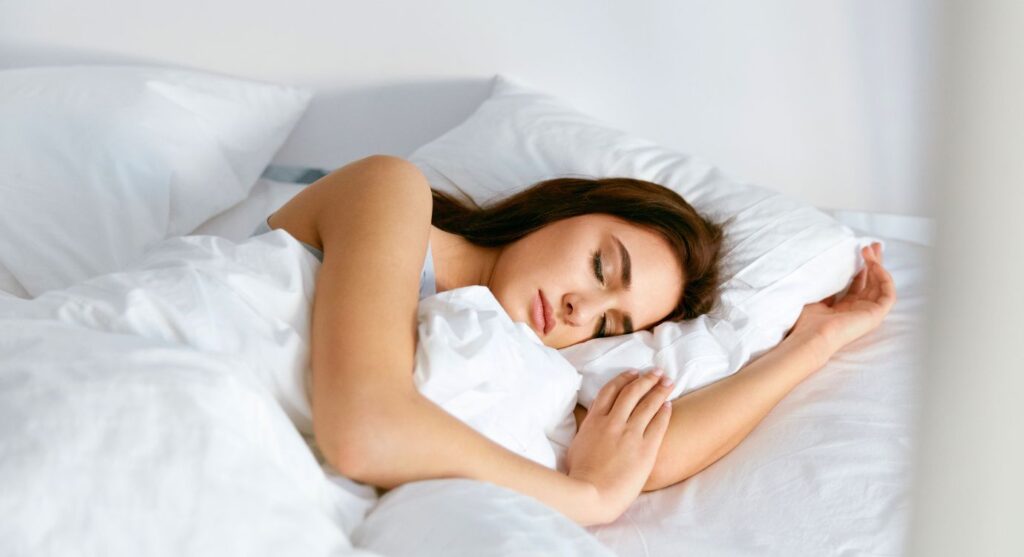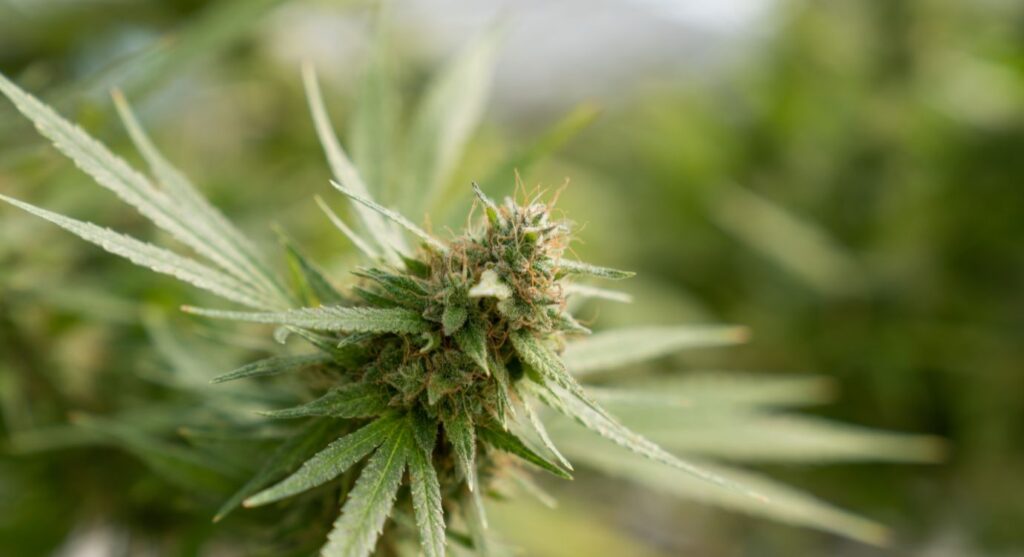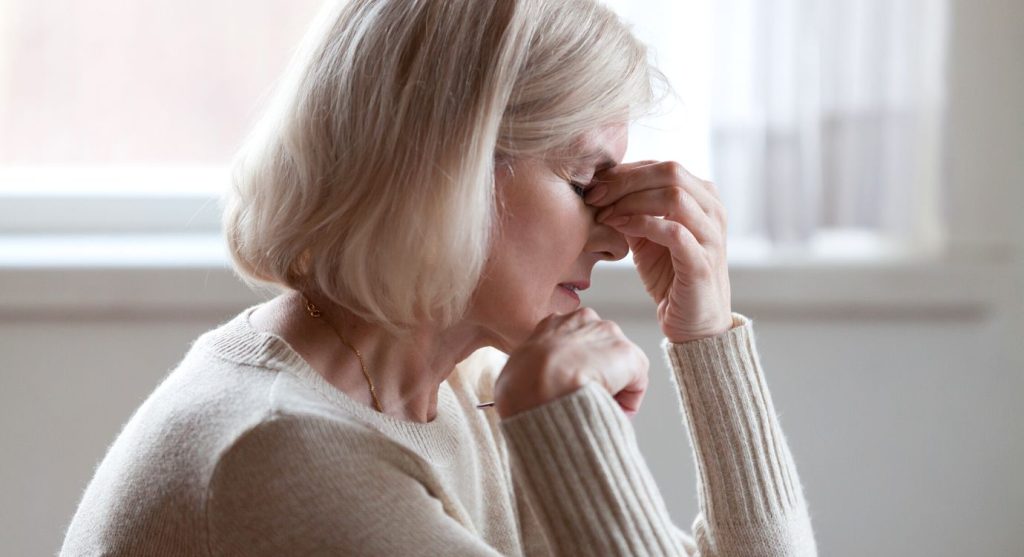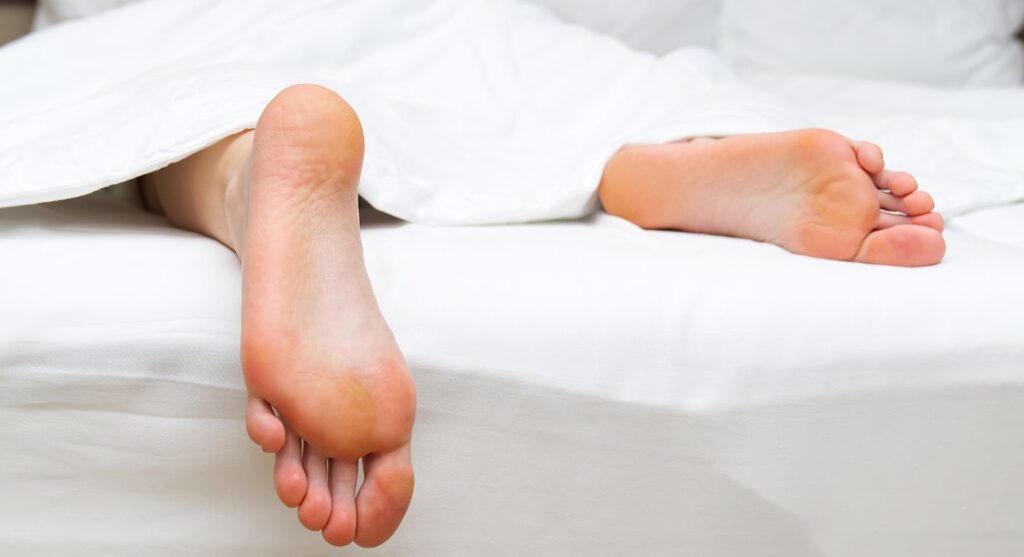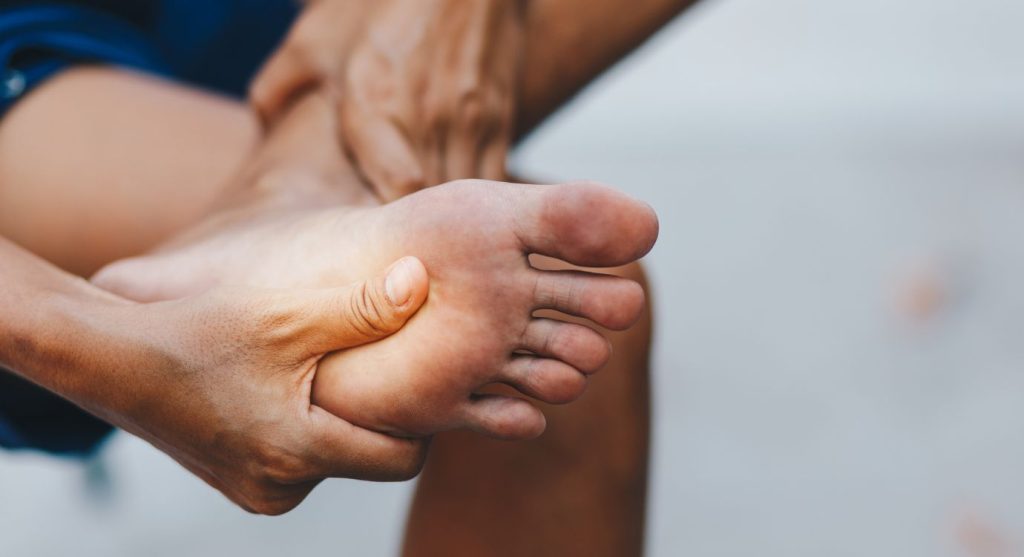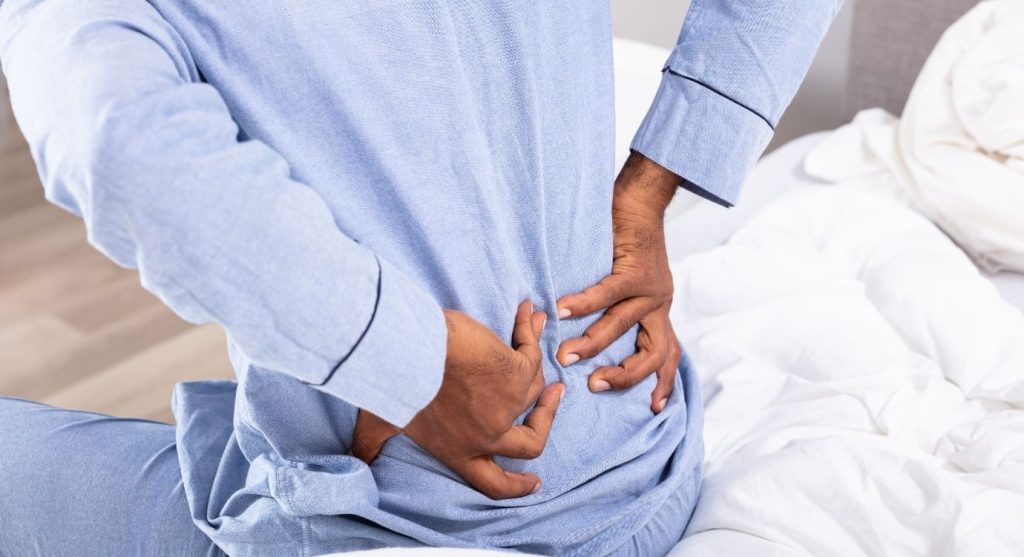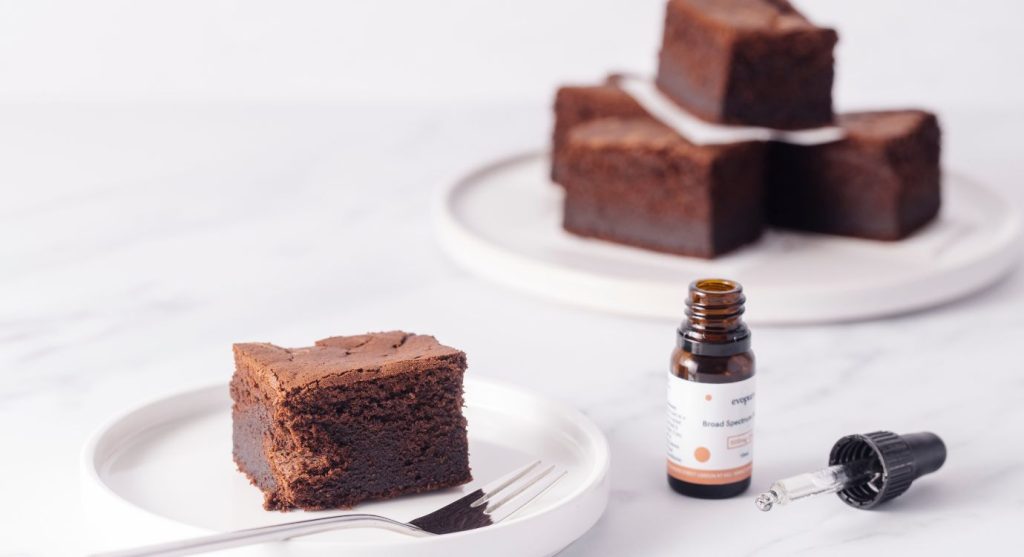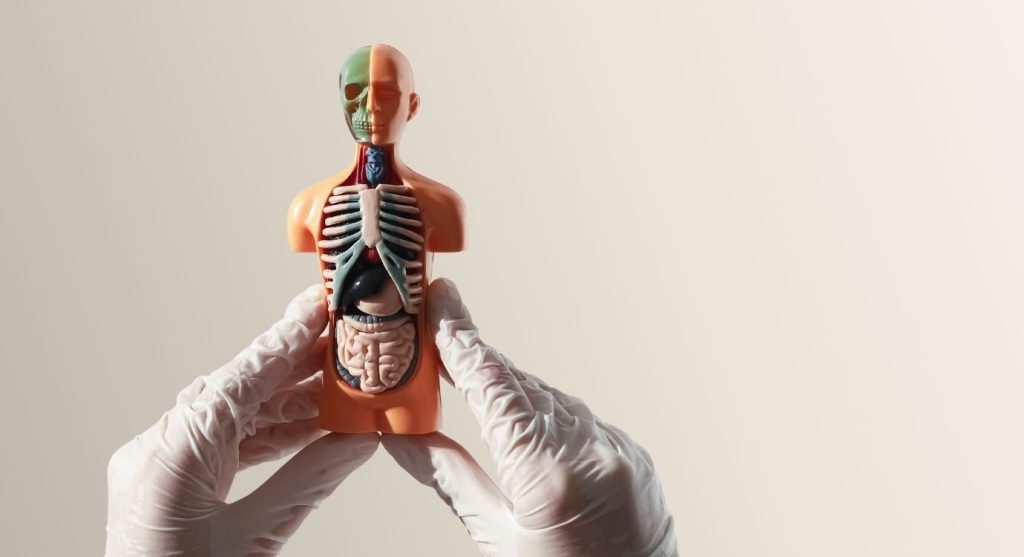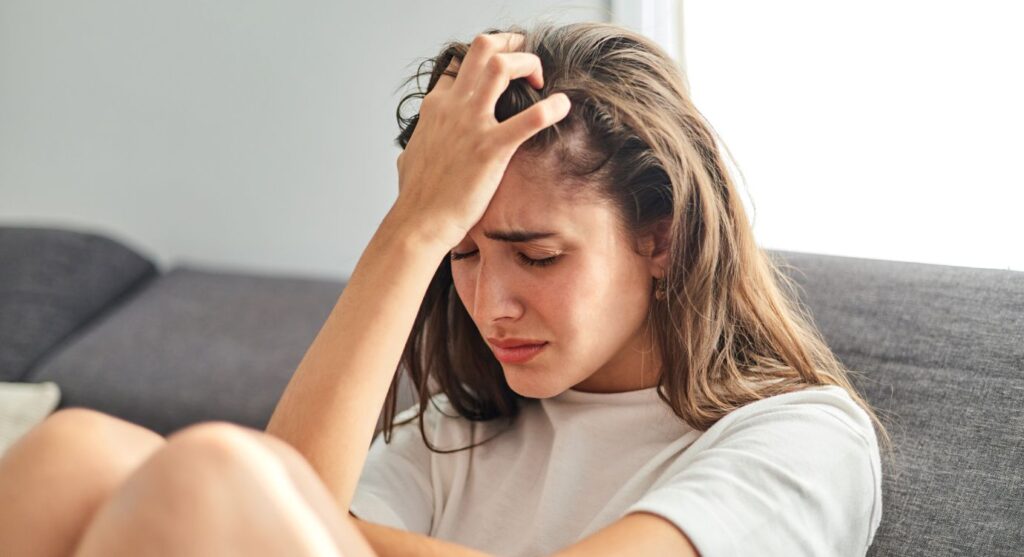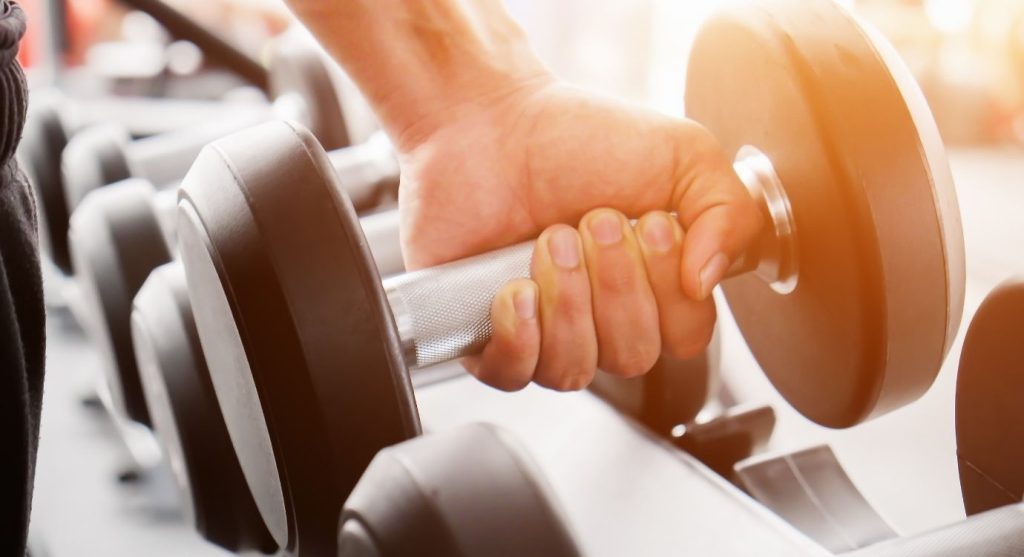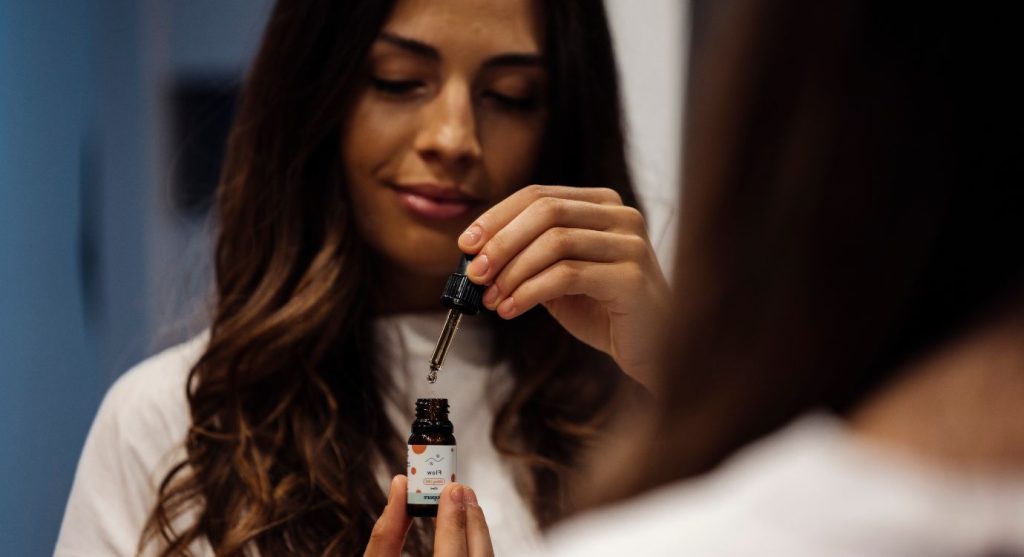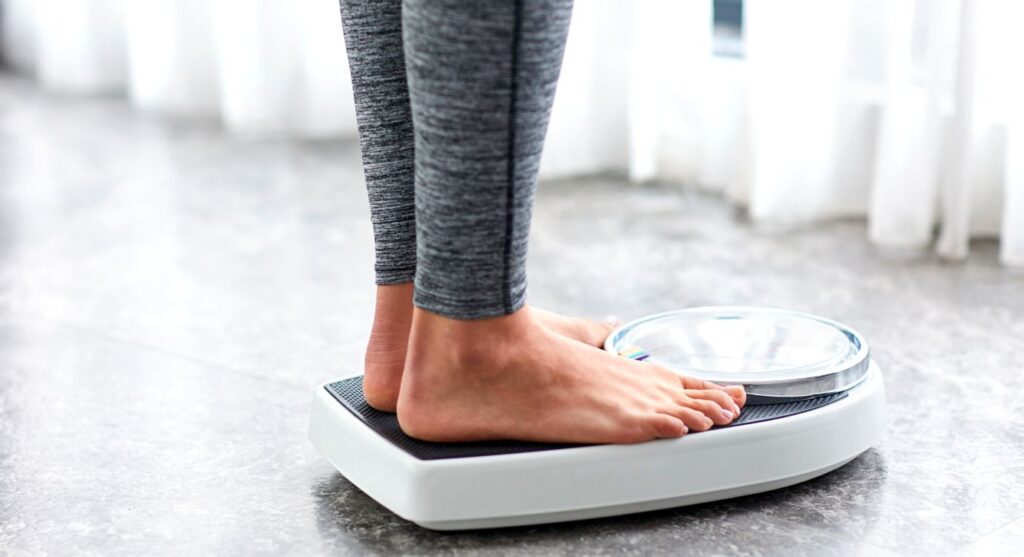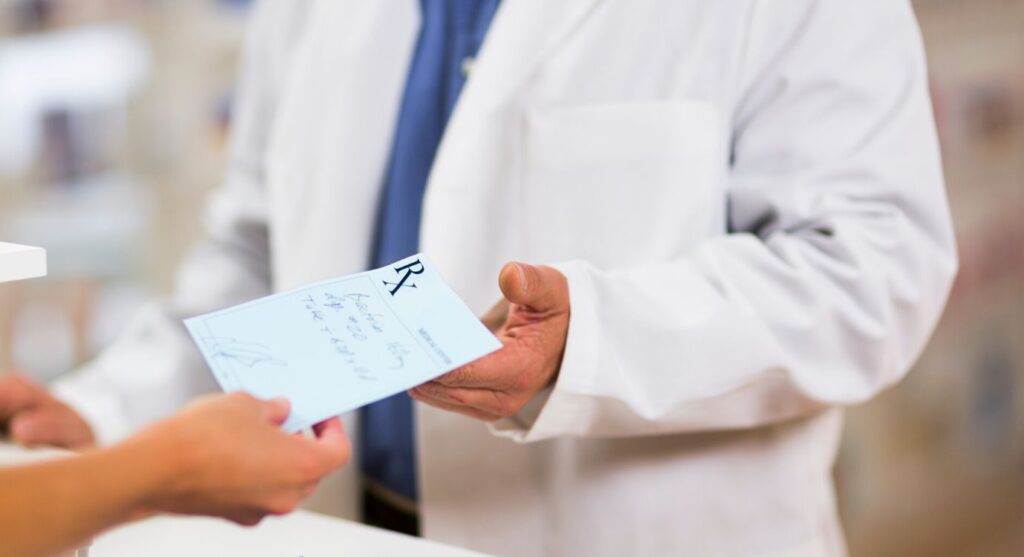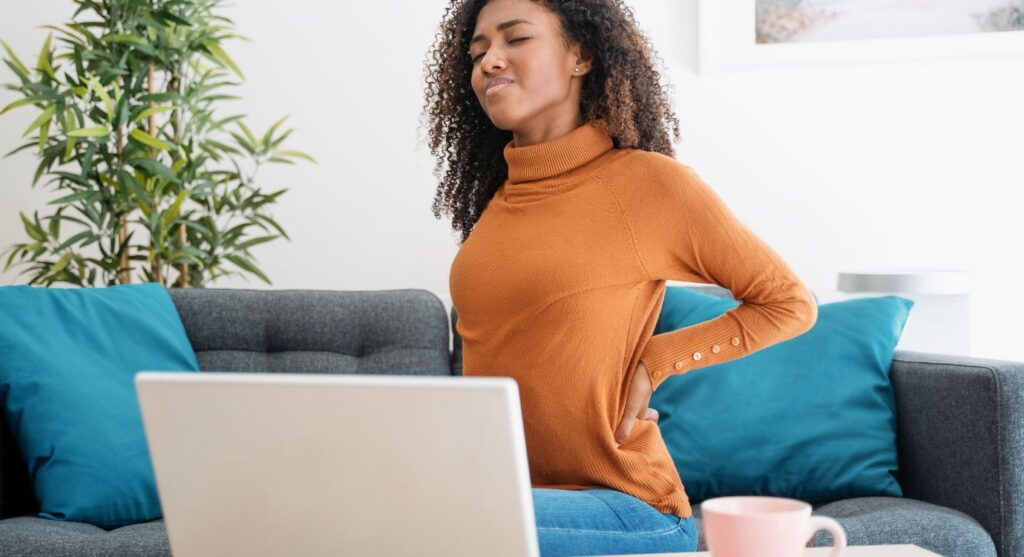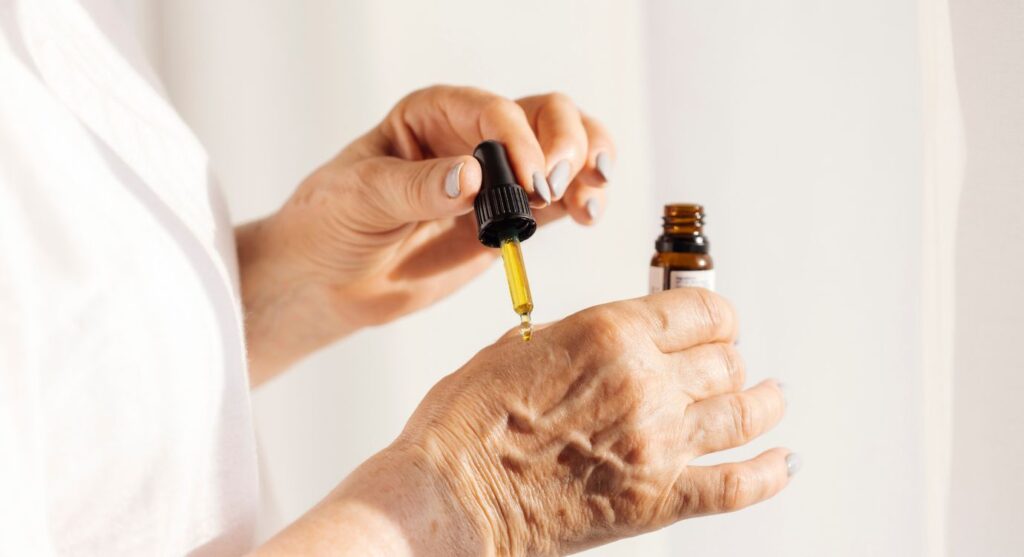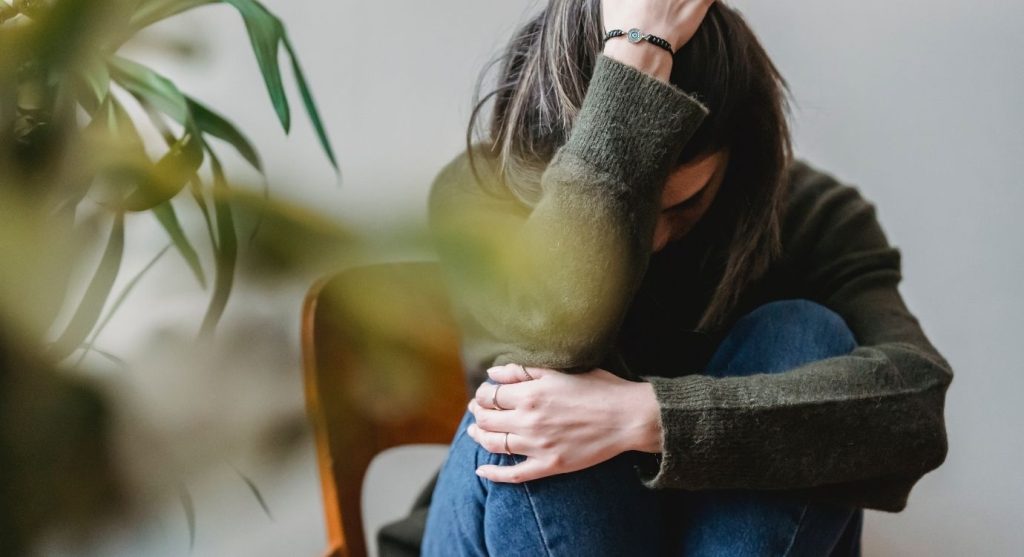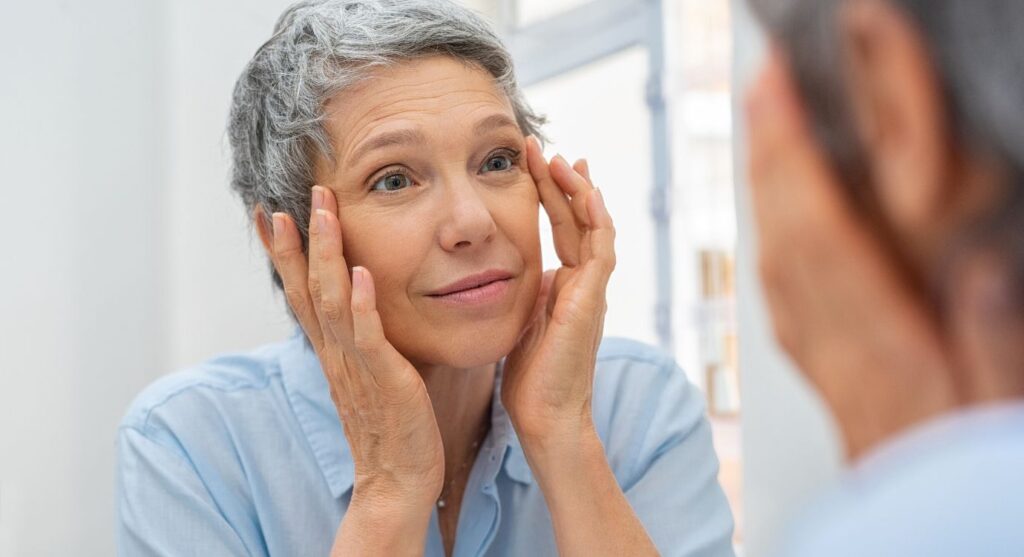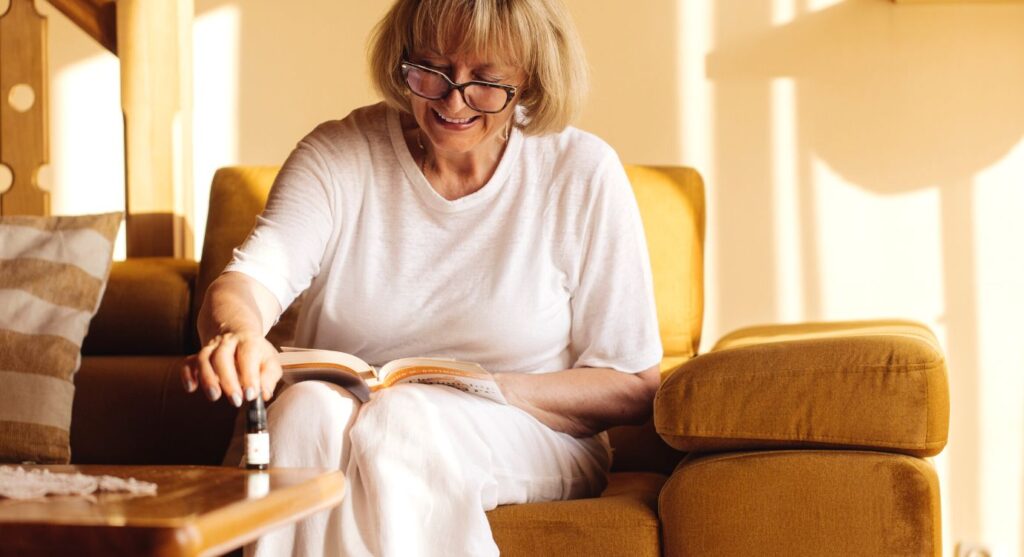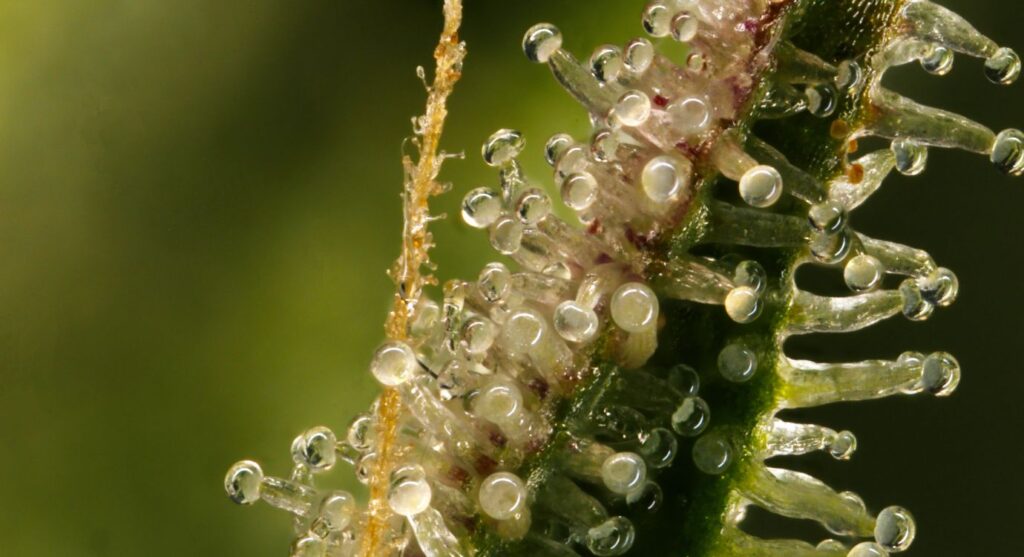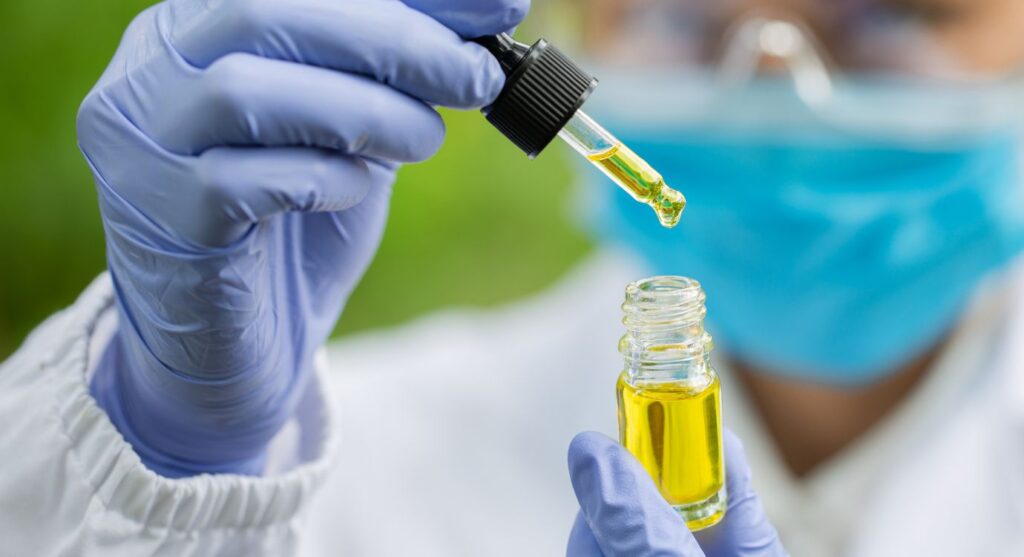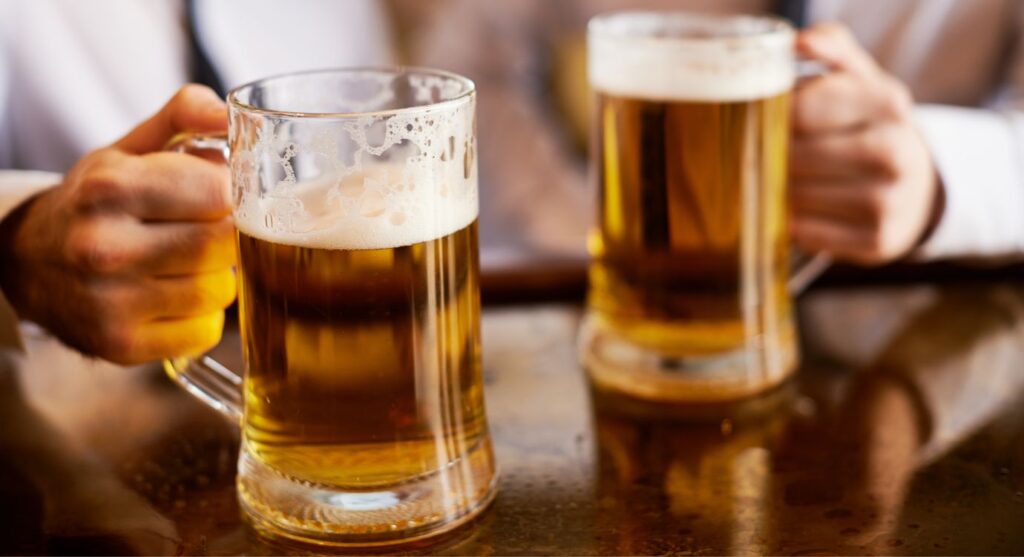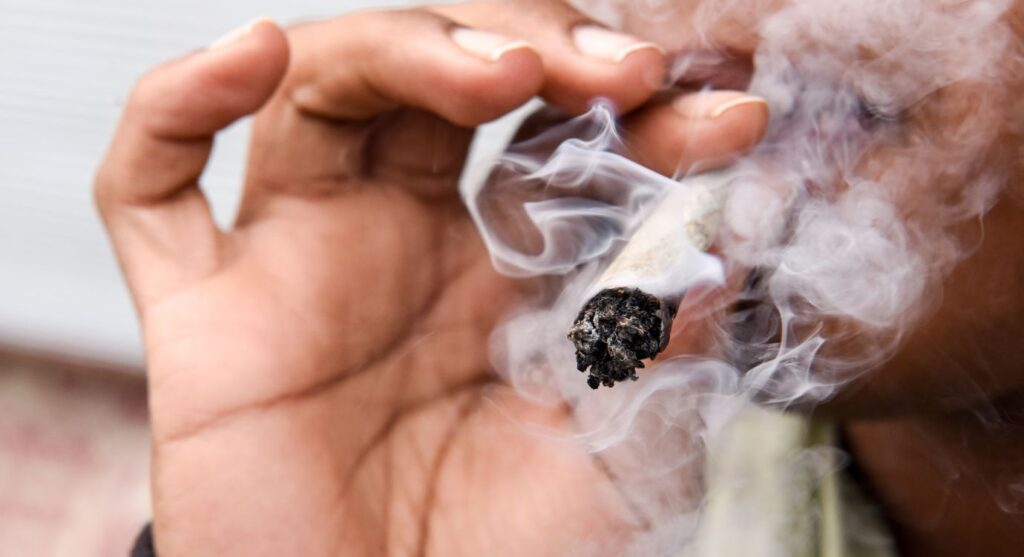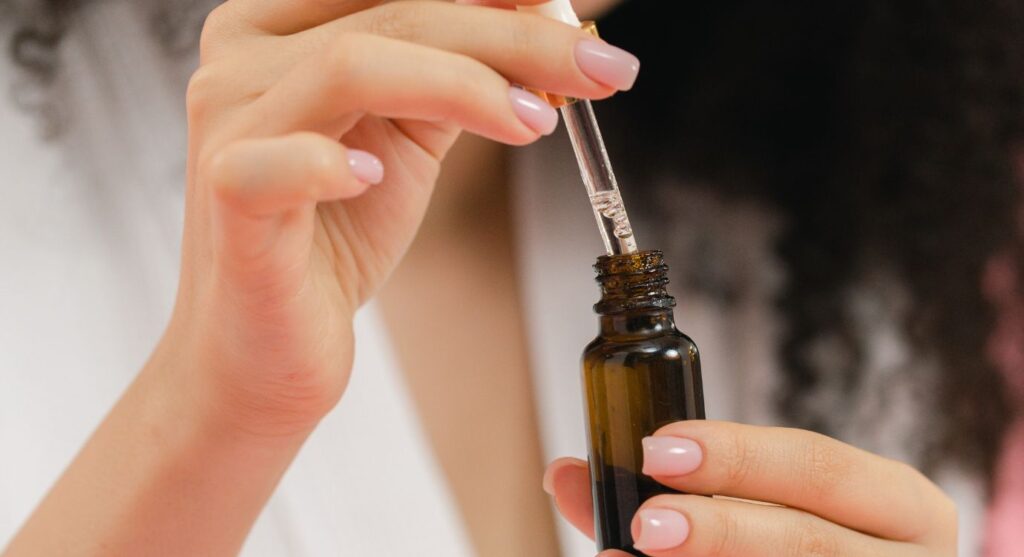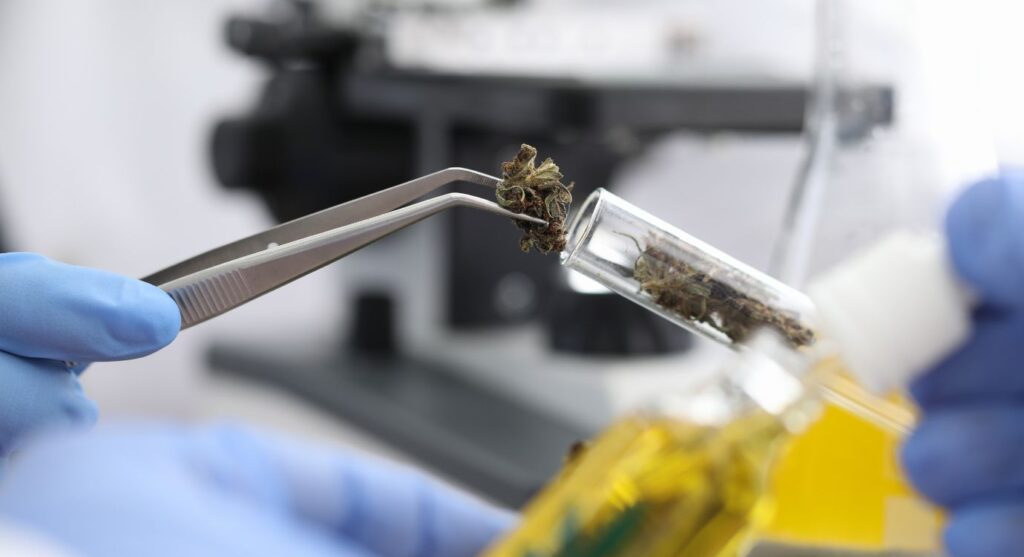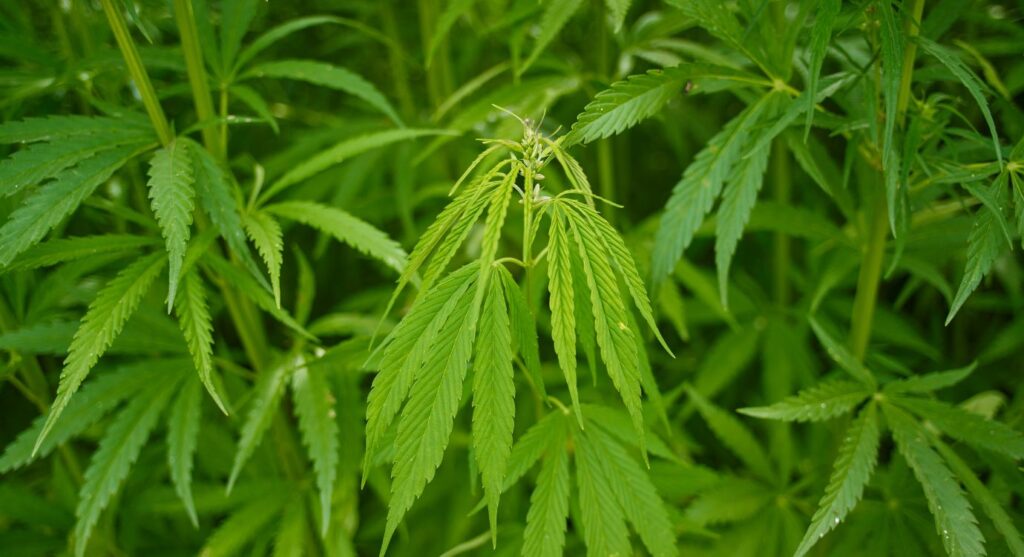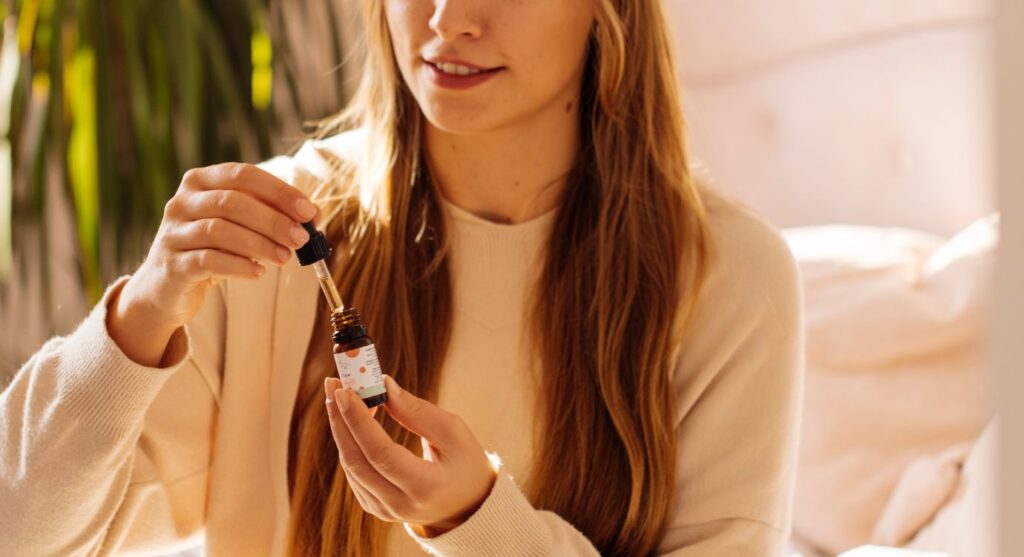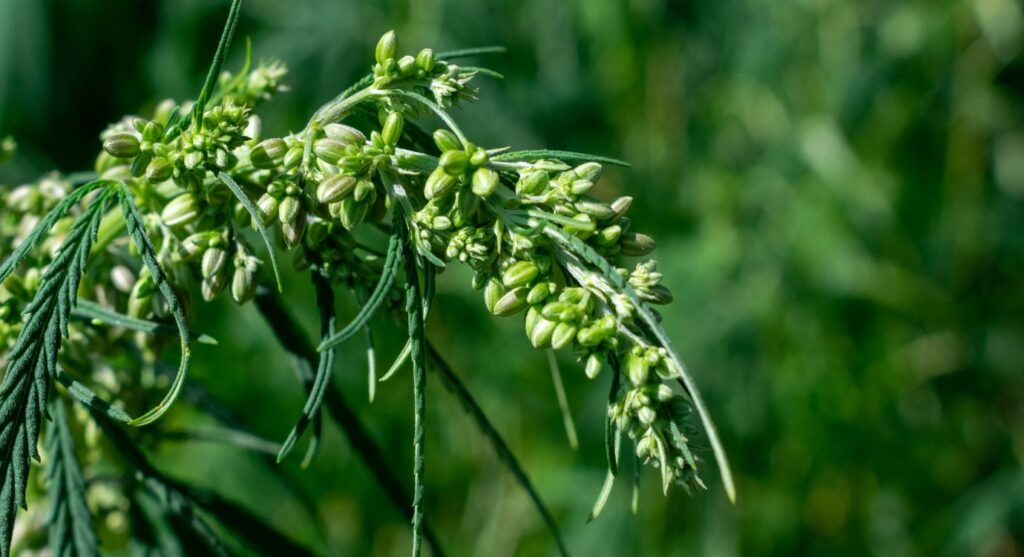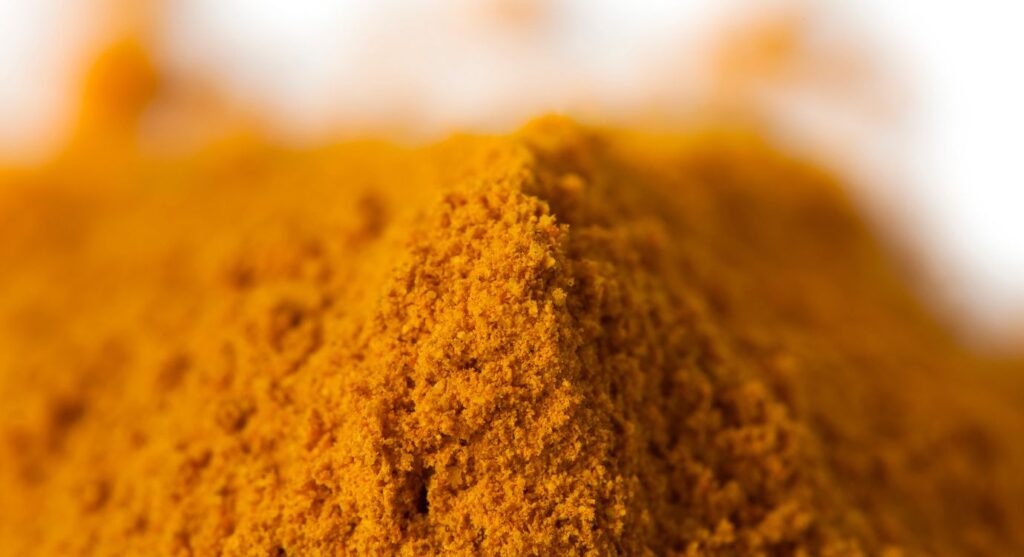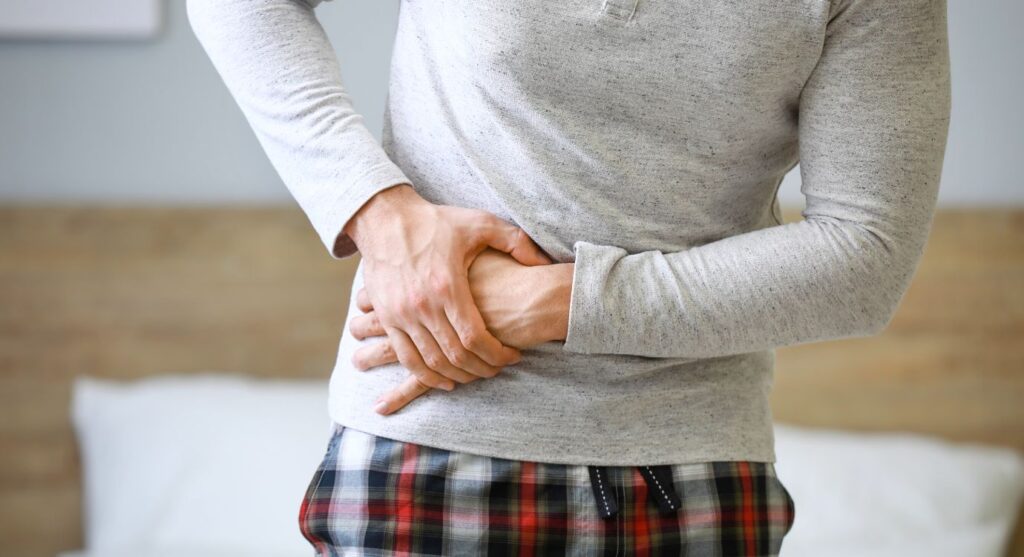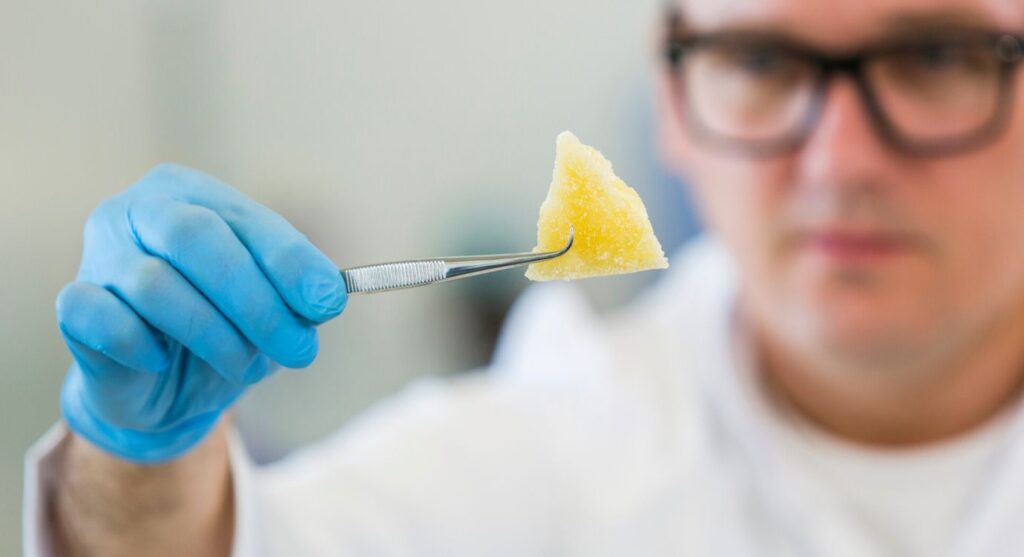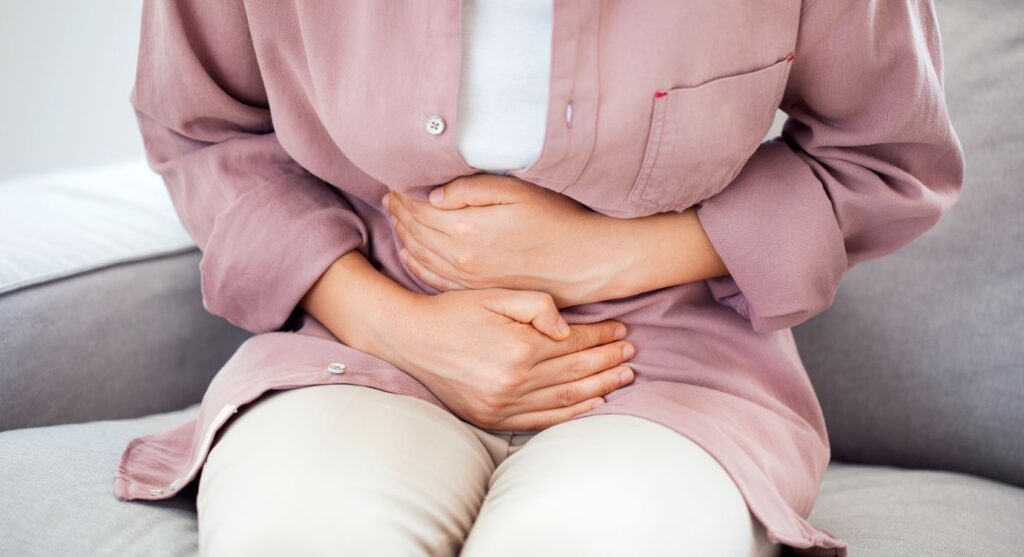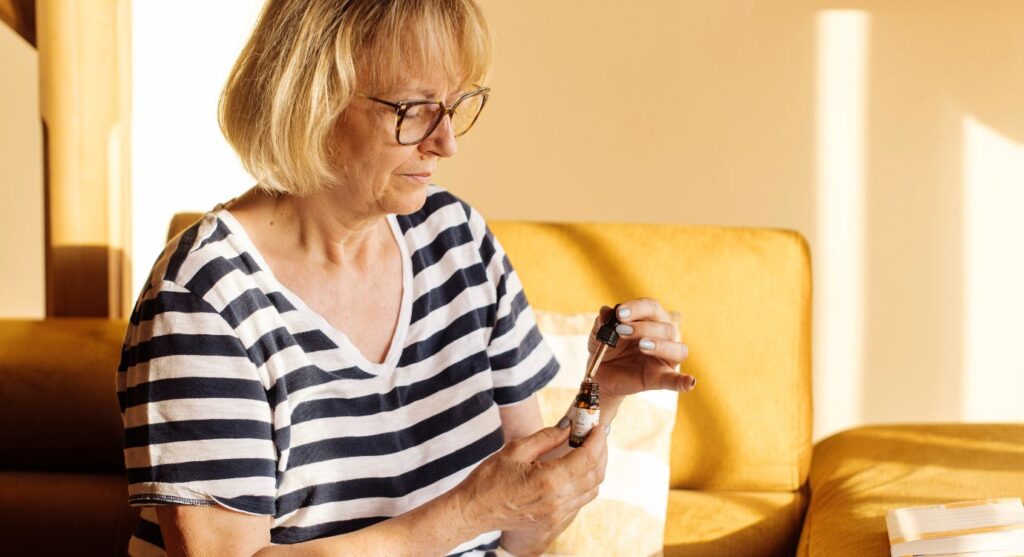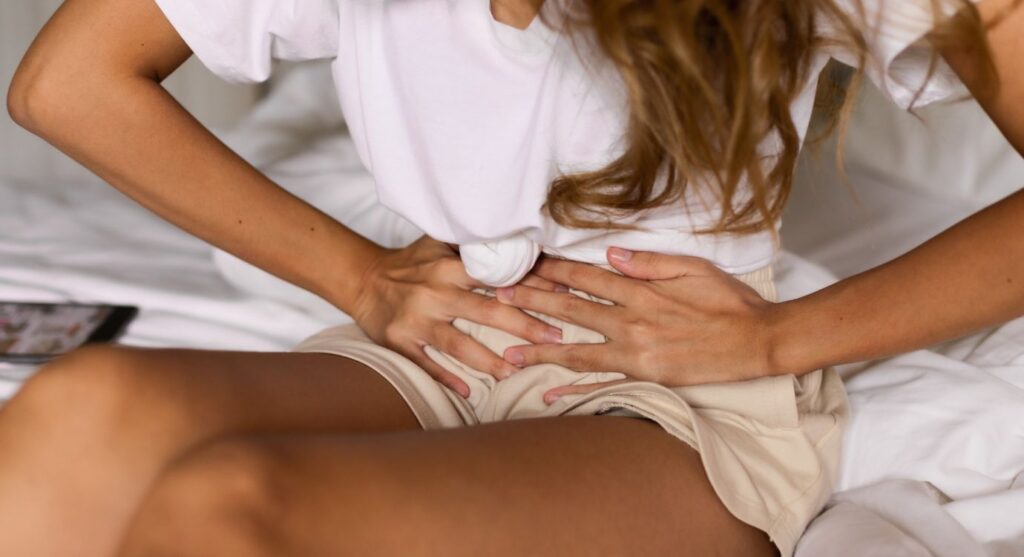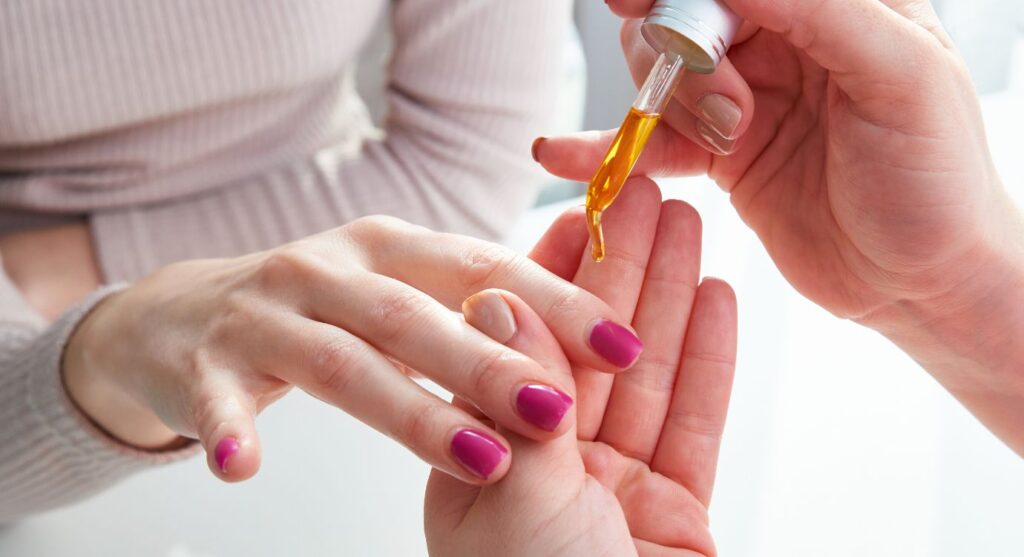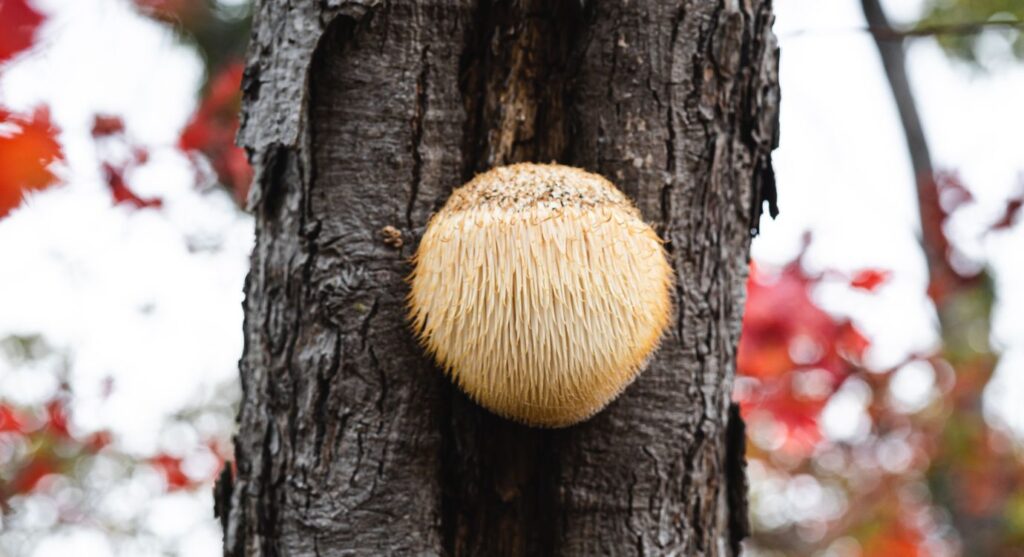So you’ve decided to start taking CBD but are unsure how much to take. Perhaps you have already integrated CBD into your daily wellness routine but aren’t sure if you’re doing it “right.”
No fear! We’re here to cut through the noise and help you become a CBD expert. Because when it comes to CBD dosage, it can be tough to figure out how much is an optimal amount.
Remember, everyone is different and will have individual requirements and needs. But that can also make life a little confusing!
Here’s everything you need to know about how much CBD you should take, plus a handy breakdown of CBD dosages for different conditions or ailments.
This guide covers the following:
- How to calculate CBD dosage
- CBD dosing for different conditions
- Can you overdose on CBD?
In this guide:
Why does CBD dosage matter?
CBD is known to rarely produce side effects and generally be a safe compound to take. So why does it matter how much you take?
To get the most out of your CBD, you must consume the correct dosage.
So, how much CBD should I take?
If you’re taking CBD, it makes sense to consume the optimal amount to properly boost your Endocannabinoid system (ECS) and receive the greatest possible benefits from your supplements.
Taking too little may result in feeling or experiencing no difference (although sometimes, you may simply not feel a difference regardless of the amount of CBD you take). Taking too much may also have negative consequences, particularly if you take other medications.
For example, the Food Standards Agency (FSA), which regulates CBD in the UK, suggests that people shouldn’t consume more than 70mg of CBD per day. This figure is stipulated in order to negate the risks of any drug-to-drug interaction in the body.
Daily doses of CBD under 70mg are unlikely to interfere with any other medication you might be taking – although if you are prescribed medication, it’s still really important to speak to a medical professional before consuming CBD, regardless.
How to calculate CBD dosage
So, how do you work it out? Is there a magic calculator that can do all the work for us?
Well… Now you mention it! There is such a thing as a CBD dosage calculator. But be warned; it’s not an exact science. There are multiple variables at play here. So, think of it as more of a beginner’s guideline for working out a ballpark amount of CBD for you.
CBD dosage calculators use several metrics to work out the dosage range that is right for you.
Firstly, your weight plays a significant part in dictating the amount of CBD you need. The more you way, the more CBD you will need. Your body chemistry and the reason you are taking CBD will also play a part in determining the amount of CBD you will need.
For example, someone taking CBD to help ease cancer pain, MS, or Parkinson’s will likely need to consume more CBD to feel an impact than someone taking CBD to counter stress before an exam. And somebody taking CBD to help ease symptoms of severe arthritis will need to take more than someone experiencing stiffness after exercise or mildly sore joints.
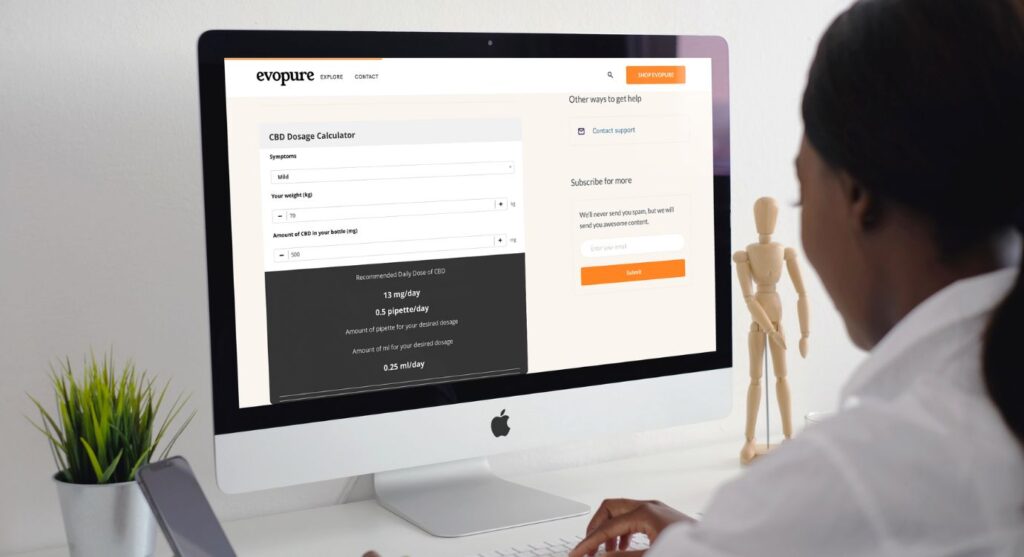

CBD dosage for different conditions
As explained above, there is no exact perfect CBD dosage for any particular condition – CBD dosages have an individualised element.
However, this list looks at studies regarding different conditions where CBD helped ease participants’ symptoms. This can be another good ballpark if you want CBD for a particular condition.
Note, though, that these dosages are not recommended for daily consumption and that CBD is not a medicine or treatment for any of these conditions.
What dosage of CBD oil for Parkinson’s?
Parkinson’s is a progressive disease caused by neurons breaking down in the brain. The degenerative and debilitating condition is characterized by three main symptoms (although there are often many more) – these are impaired movement, tremors, and rigid muscles.
While the disease has no cure, CBD is thought to ease some of its symptoms, but at what dosage?
While again, there are no specifics or one-size-fits-all, one study found that CBD reduced anxiety and tremors during a public speaking test for those over 60 diagnosed with Parkinson’s disease.
Subjects taking 300 milligrams of CBD before giving a speech experienced fewer symptoms than a placebo group.
Read more: CBD oil for Parkinsons
What dosage of CBD oil for psoriasis?
Psoriasis is an autoimmune disorder that manifests as a skin condition. It occurs when the skin produces too many skin cells and causes red, dry, and flaky skin patches, which can be very painful and itchy.
But how much CBD do you need for psoriasis? Unfortunately, the research around psoriasis and CBD is incredibly limited, so it is difficult to determine a ballpark dosage of topical CBD cream for psoriasis.
There is some research around cannabinoids and skin conditions more generally, but it’s difficult to extrapolate causal conclusions specifically referring to CBD and psoriasis.
Read more: CBD oil for psoriasis
What dosage of CBD oil is best for sleep?
There is no fixed CBD dosage for sleep.
It’s wise to experiment, starting low and slow, until you find an amount that suits you.
Looking at the science, the outcomes of studies vary. One study looked at CBD in anxiety and sleep, choosing to keep doses on the lower side for clinical research. They did this firstly because of an observation that lower doses appear to “elicit an average clinical response” and secondly because “the current retail cost of CBD would make the use of 600mg/dose cost prohibitive”.
So did these lower doses help participants? Well, anxiety scores decreased within the first month in 57 patients by 79.2% and remained reduced during the study duration.
Sleep scores improved during the first month in 66.7% of patients but fluctuated over time.
So, there is a small amount of evidence that doses as low as 25mg of CBD ( given to the majority of participants in this study) might improve sleep but do note samples were small, and results were not consistent and would require repetition to reach conclusions.
What dosage of CBD oil for neuropathy?
Applying (CBD) to a painful area as a topical or consuming it orally may help relieve neuropathy (nerve) pain.
One study found that the transdermal application of CBD oil led to significant improvement in pain and other disturbing sensations in patients suffering from peripheral neuropathy. In this study, patients in the CBD group (as opposed to the placebo) were given 250mg CBD daily for four weeks.
Read more: CBD for pain
What dosage of CBD oil for anxiety?
Anxiety is a tricky beast, and sufferers of this (often debilitating condition) can experience it to varying degrees. Hence, people will often have to take different dosages specific to them to discover what works and doesn’t. However, as always, science can help a little here.
One study gave Japanese teenagers suffering from Social Anxiety Disorder (SAD) CBD for four weeks, and it was found to decrease anxiety significantly. In this study, participants took 300mg per day.
Another study gave participants 300mg of CBD, in a single dose, before a simulated public speaking test. The results were overwhelmingly positive, finding a significant decrease in anxiety levels in participants significantly decreased.
Do note that CBD may not have an immediate impact on anxiety. While some people find it a useful tool to do with a specific stressor (for example, to calm nerves before a test), those suffering from clinical anxiety may find that a few weeks of regular use can improve symptoms in a way that one dose is unlikely to.
Read more: CBD oil and anxiety
What dosage of CBD oil for depression?
With CBD and depression, we still don’t know everything there is to know. In the medical community, generally, there are still many unanswered questions about depression, including the condition’s now-questioned link with serotonin.
Almost all studies around CBD and depression have been conducted on animals, meaning that dosage guidelines are difficult to extrapolate to humans.
However, as depression and anxiety are often experienced in conjunction, we will point to the 300mg base mark shown to improve anxiety in the studies mentioned previously.
10% off on your first order
Complete this one-minute quiz and find the right products for you.
Can you take too much CBD?
As mentioned earlier, CBD products have a good safety profile, even at high doses. Many clinical trials indicate the benefits of consuming CBD doses that are more than 100mg a day, and some studies indicate considerably more than that.
On the other hand, there are still a few unknowns about CBD.
The FSA recommends taking no more than 70mg per day – this is due both to the possibility of CBD interacting with other medications (look out for any with a grapefruit warning, as CBD could interfere with these) – and some remaining questions around the effect of CBD on the liver when taken in high doses.
Therefore, while it is unlikely to overdose on CBD, and higher doses are often used in clinical trials, taking these doses daily is not recommended. To be completely safe, it’s always best to speak with a medical professional about your CBD dosage.


Final thoughts on CBD dosage
If there’s one takeaway from this overview of CBD and dosage, it’s that in the majority of cases and for the majority of conditions, there’s no one perfect dose that can be extrapolated to a general population.
Everyone is different and will respond differently to CBD. However, this doesn’t mean that a ballpark dosage can’t be identified.
CBD dosage calculators can be useful in finding a dosage that might work for you. As with any supplement, start low and slow, and work up to a safe, effective dosage.
Always speak with a medical professional if you take other medications or are taking CBD for a specific condition.
And remember that while CBD can help boost your ECS and promote homeostasis and general wellness, it’s not a treatment or “medicine” and shouldn’t be seen as such.

